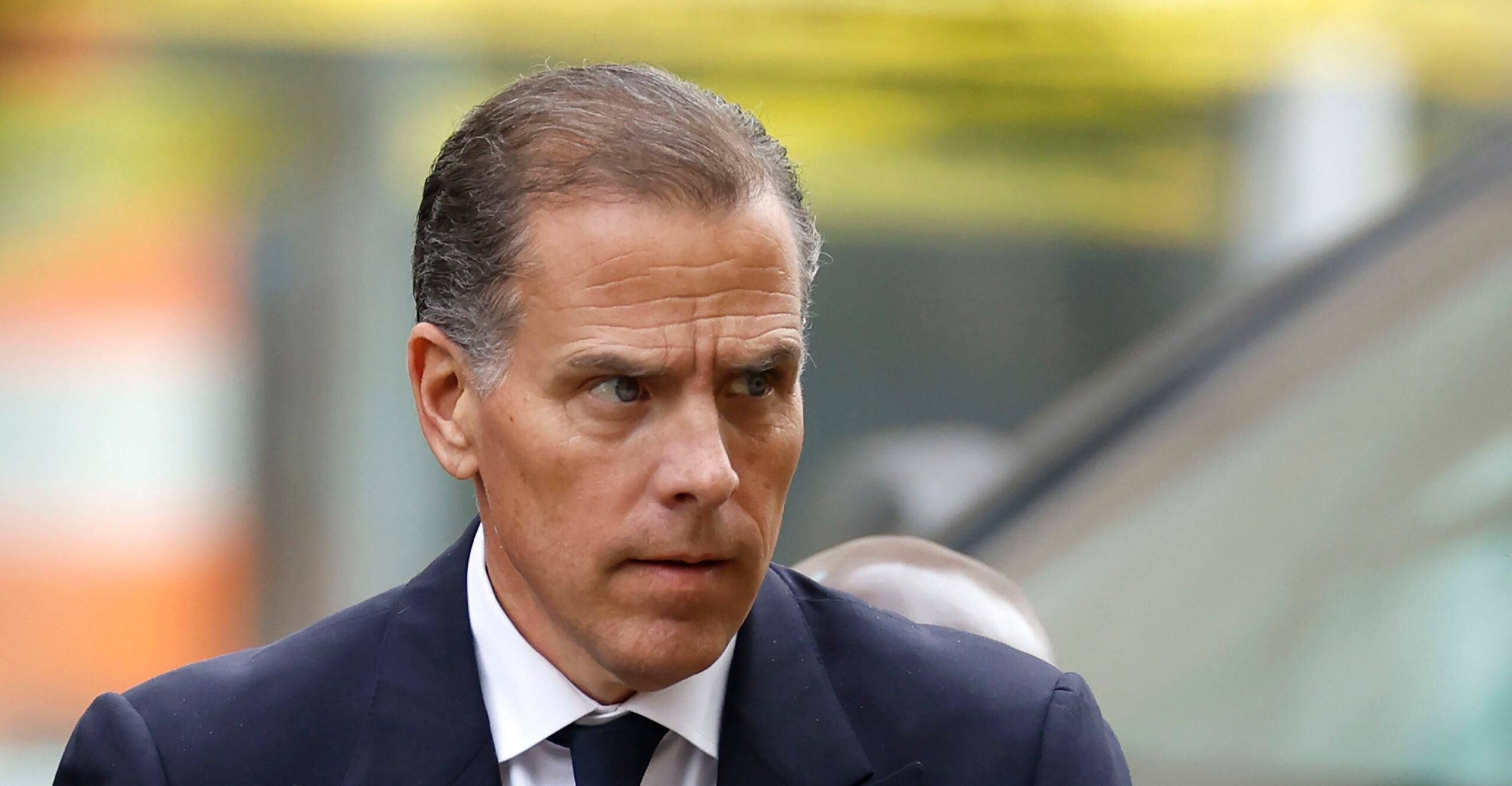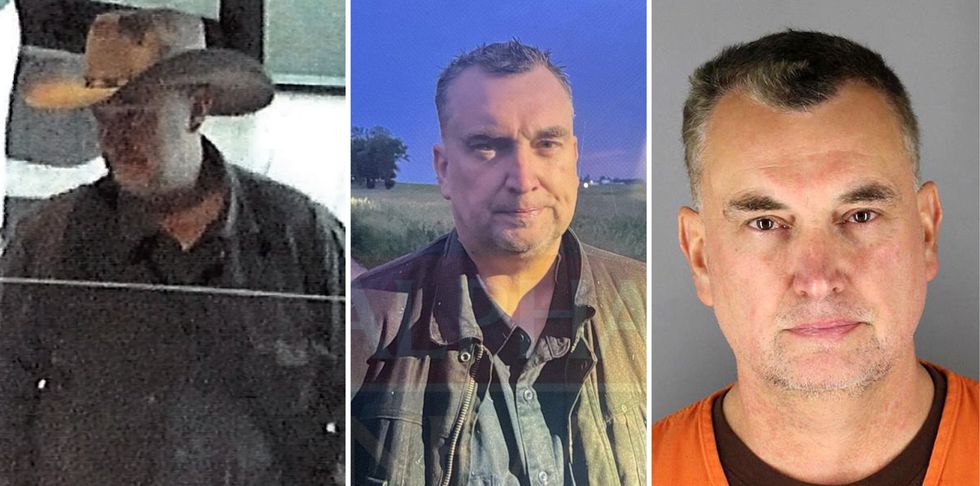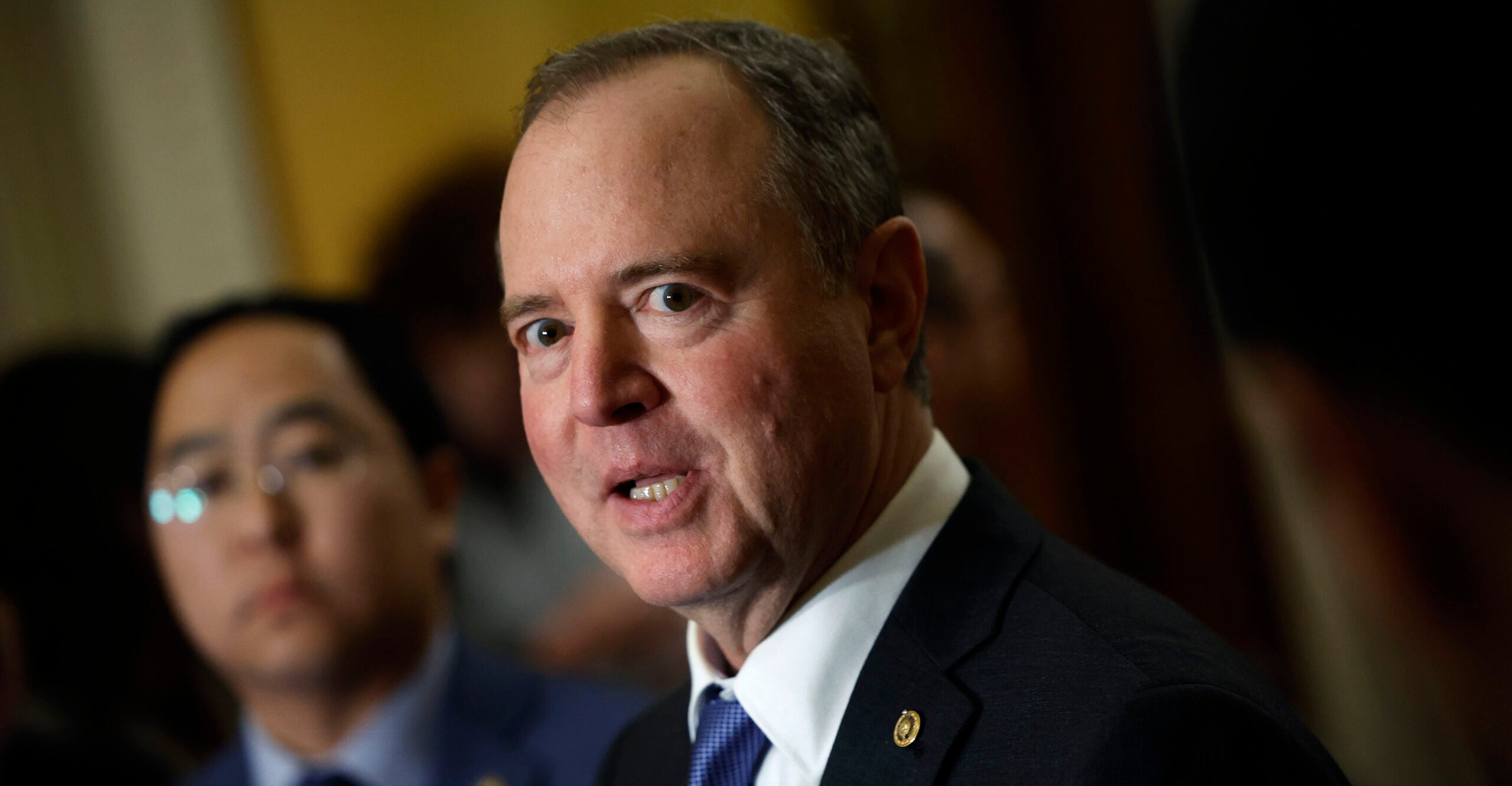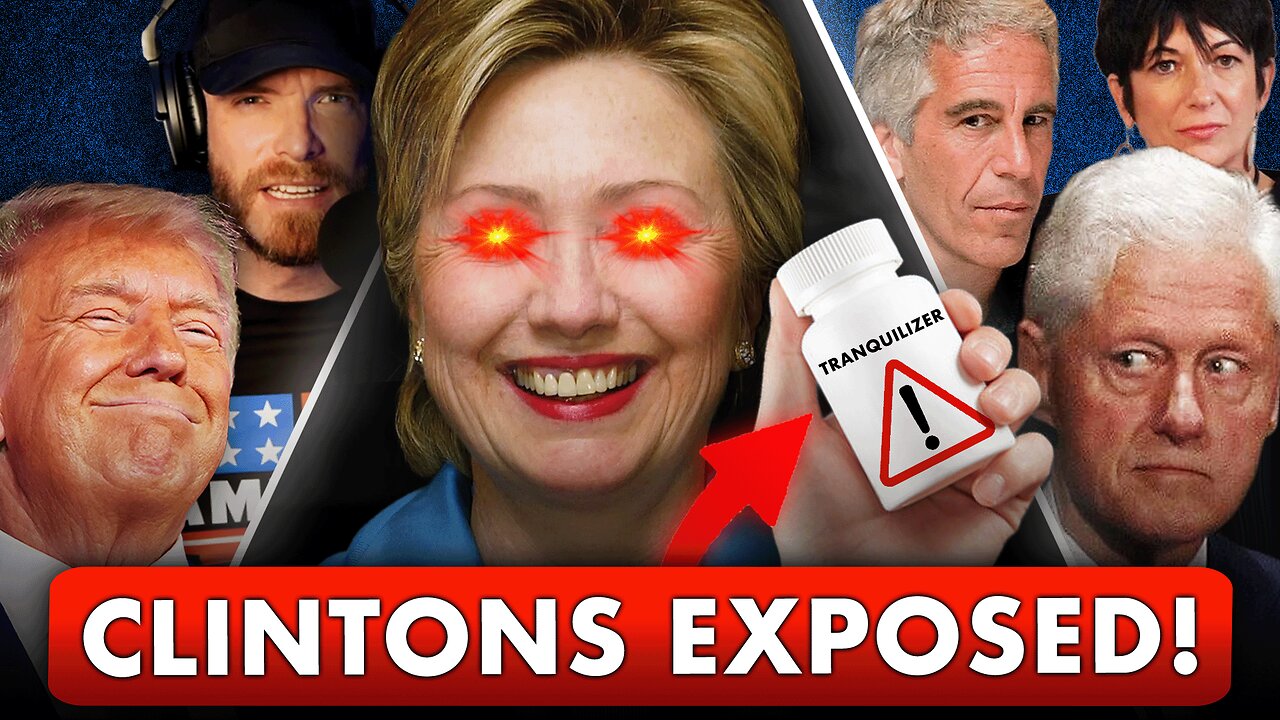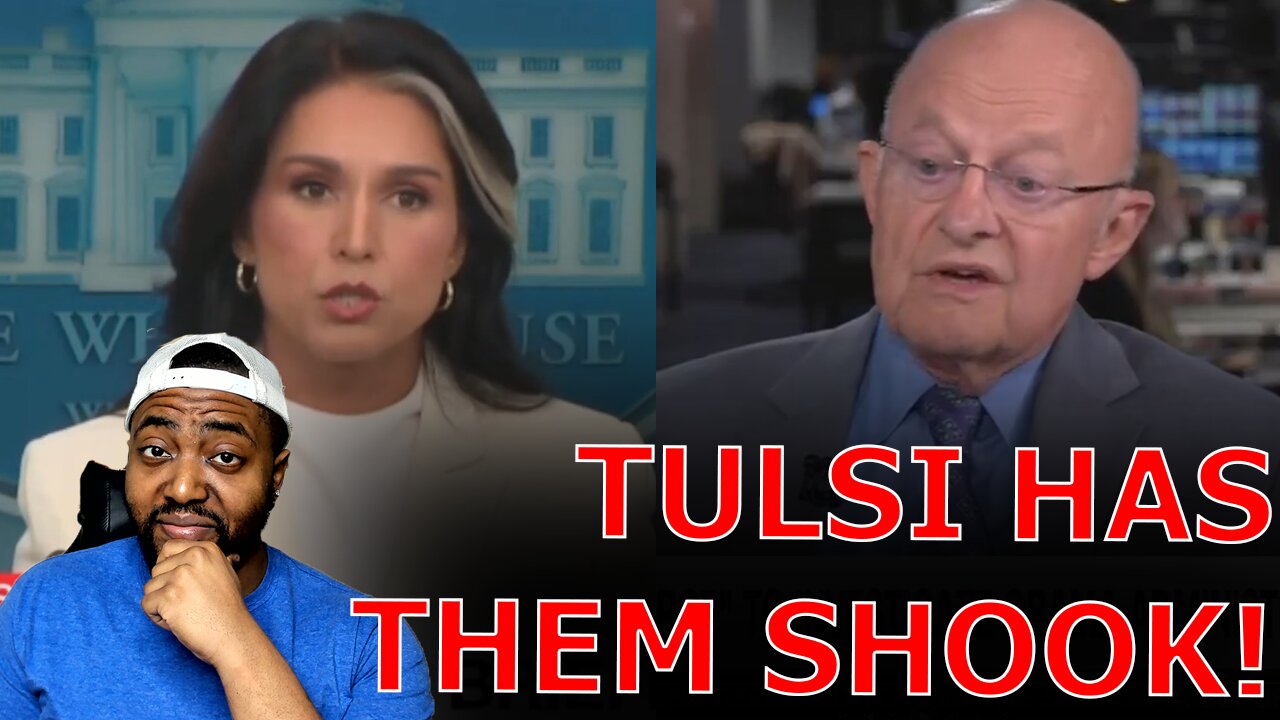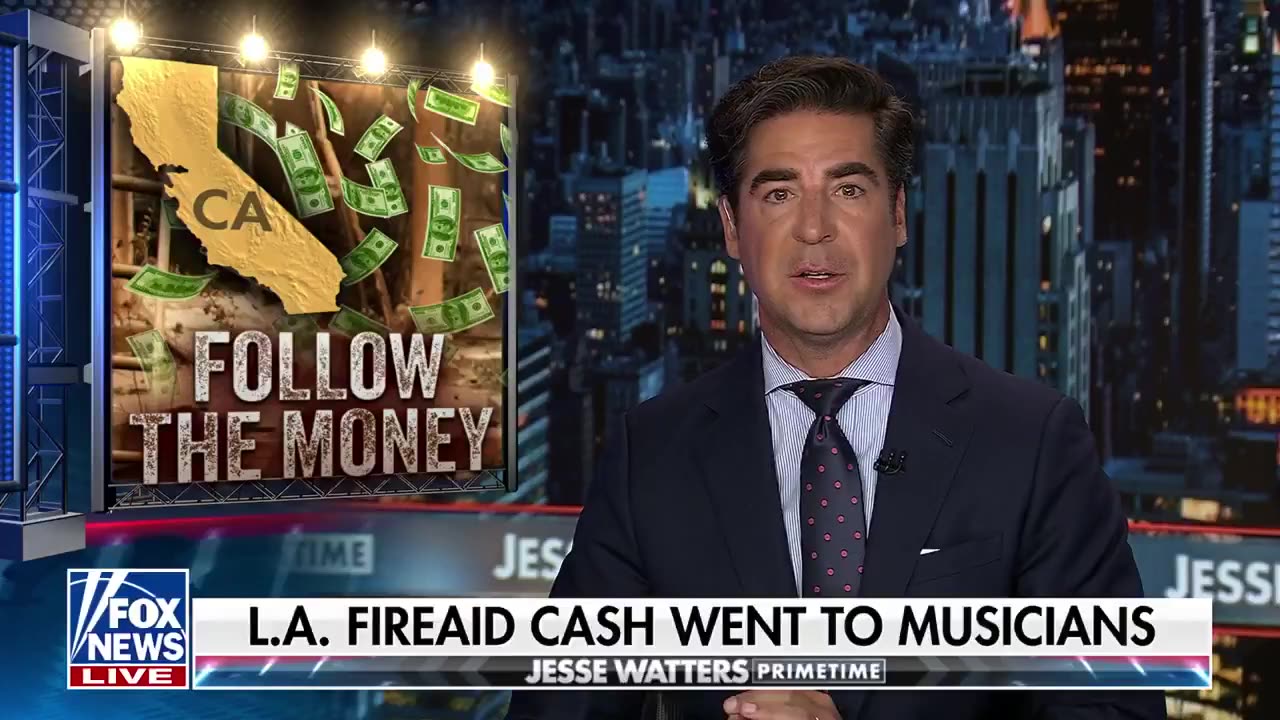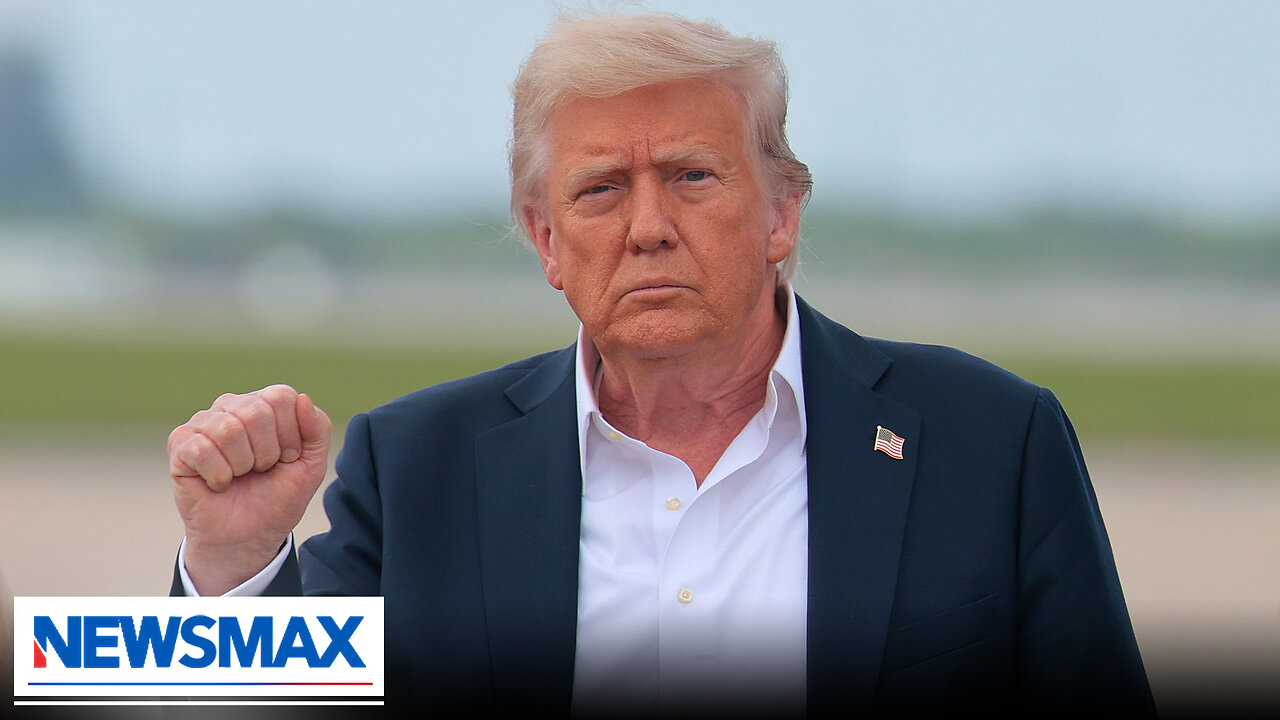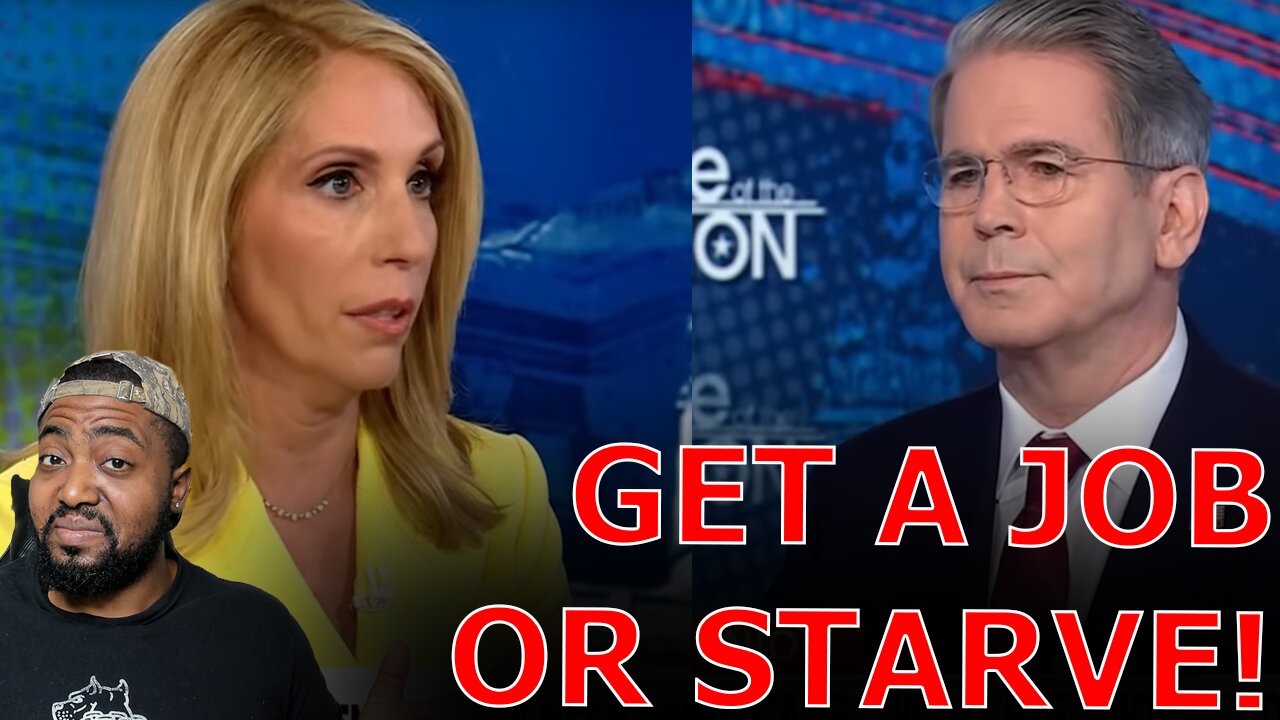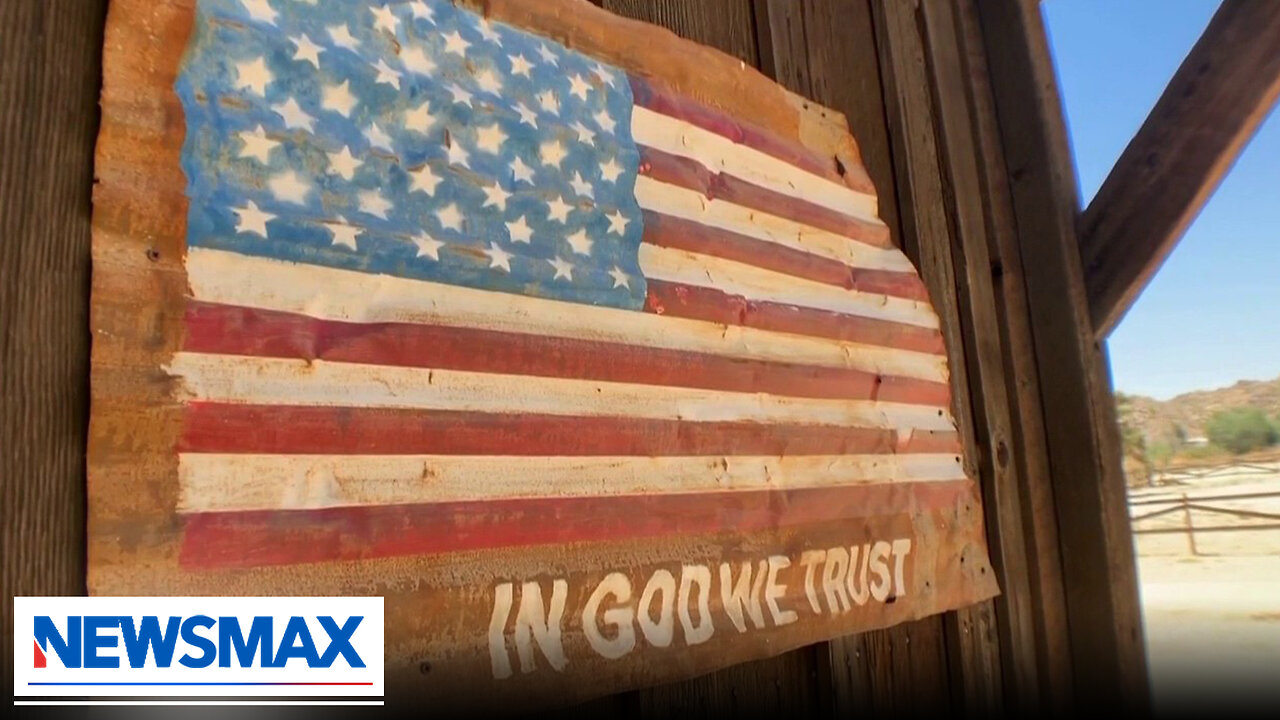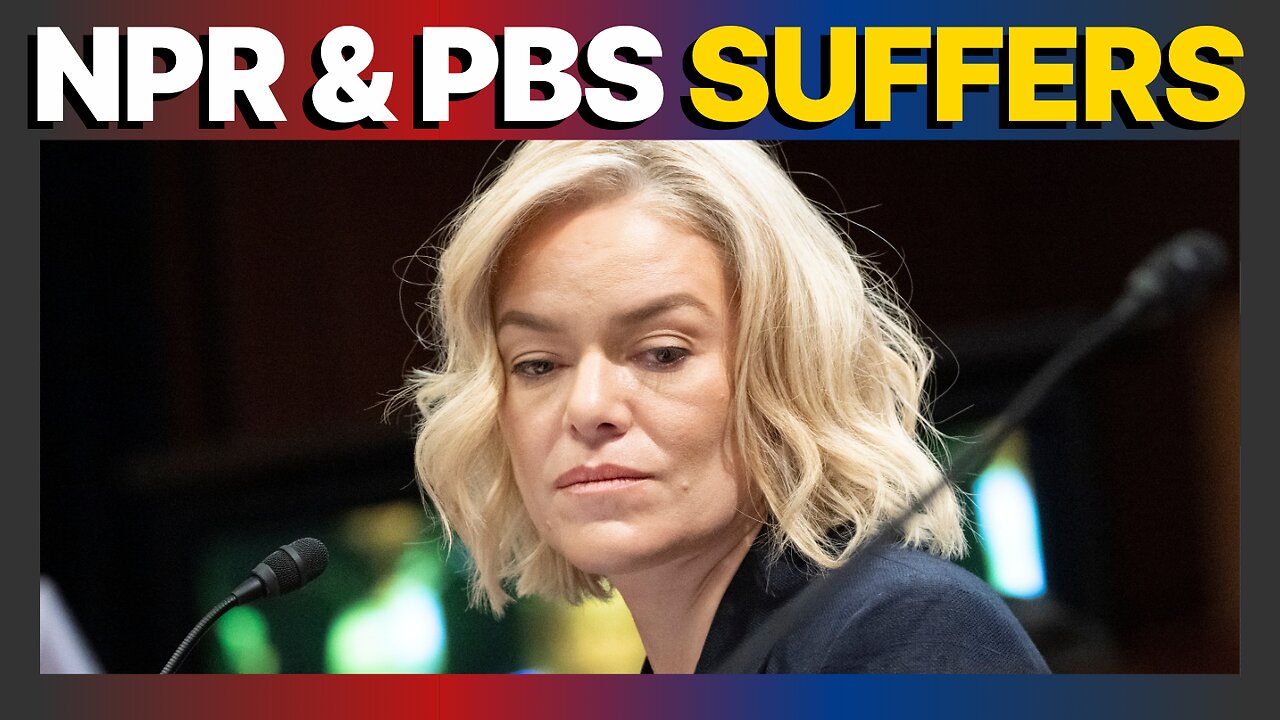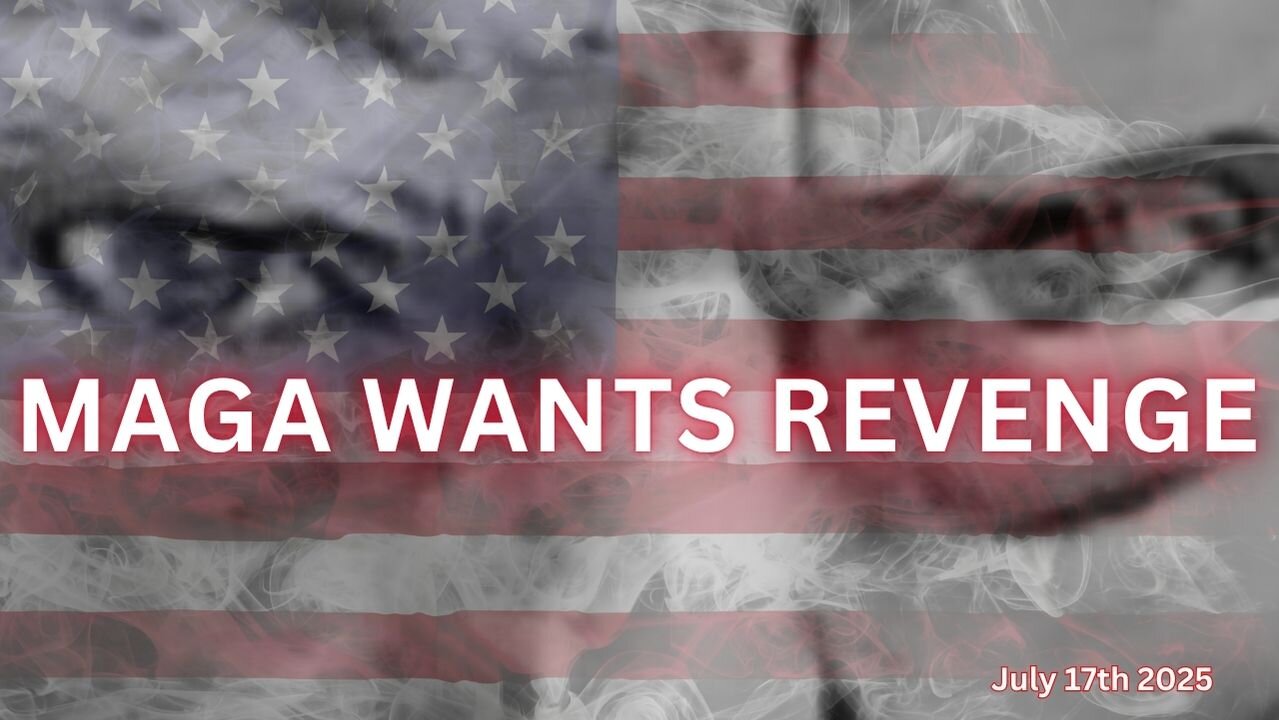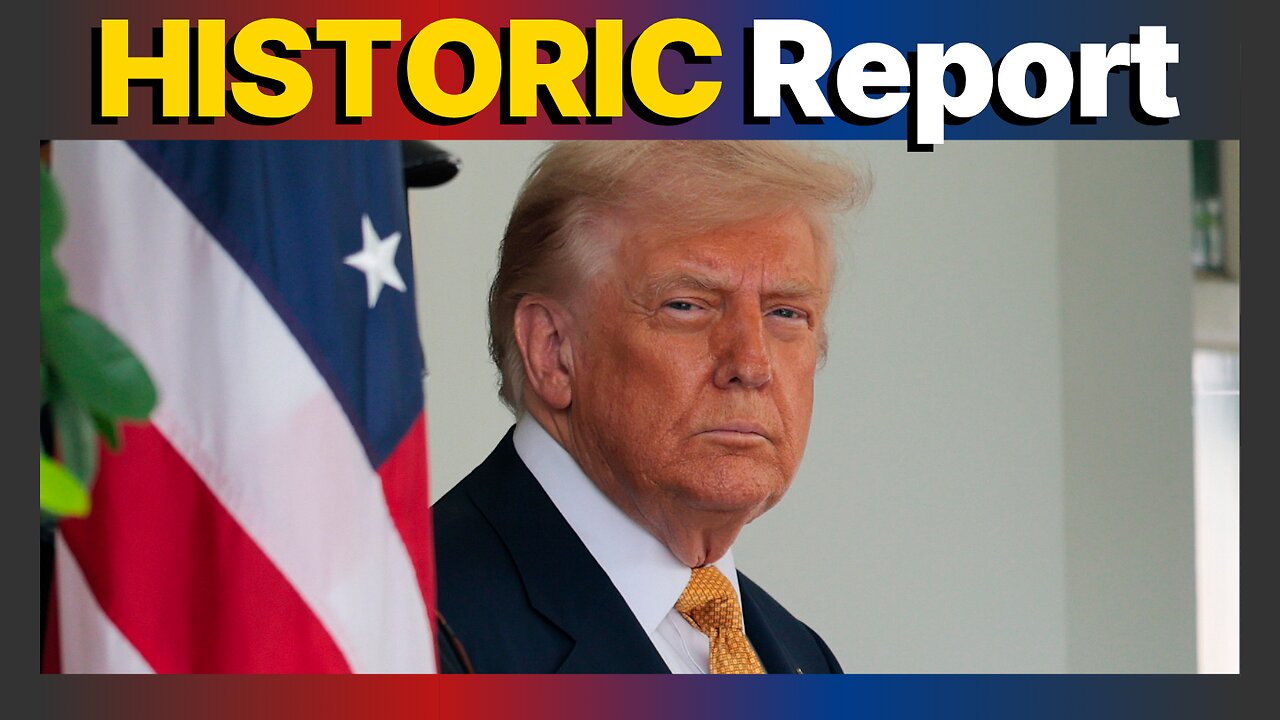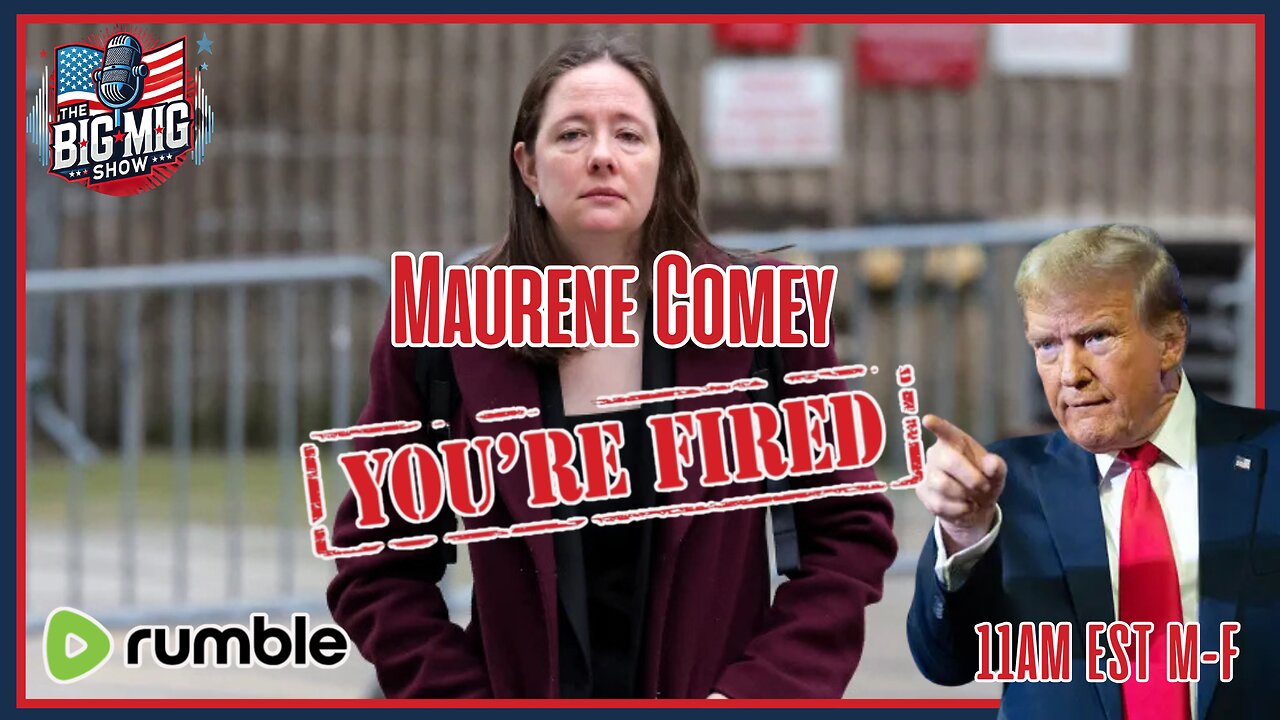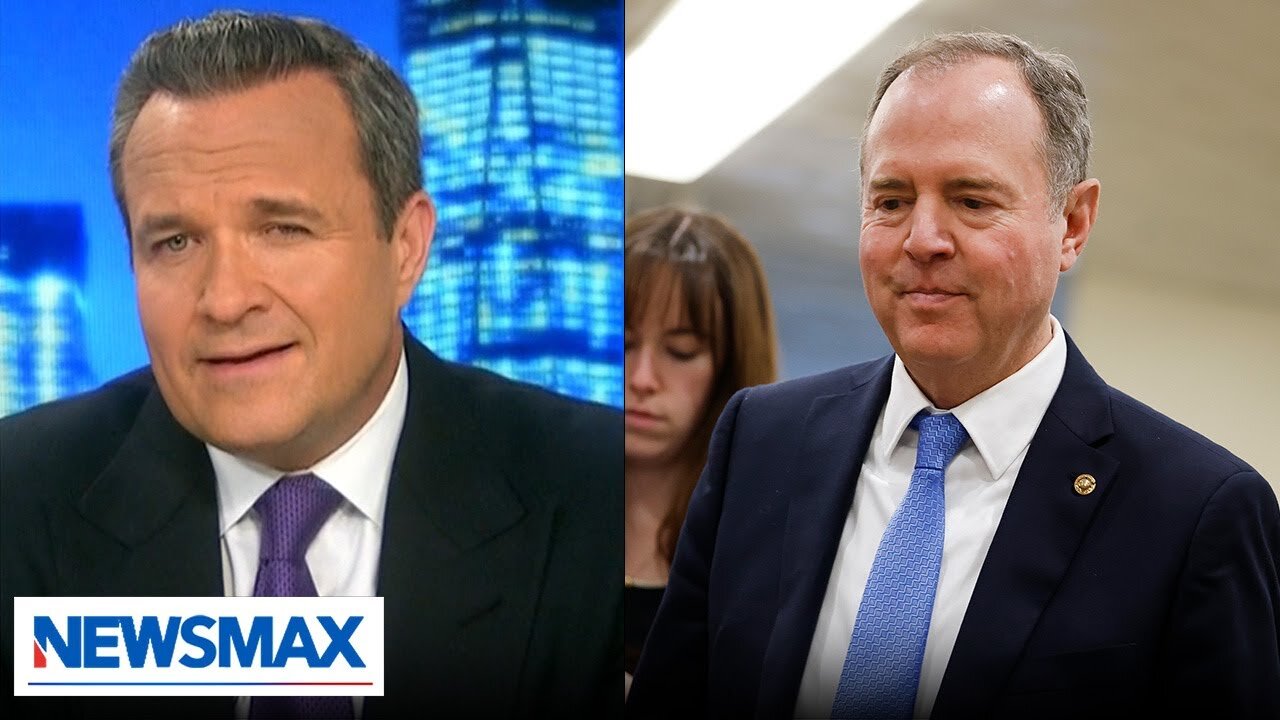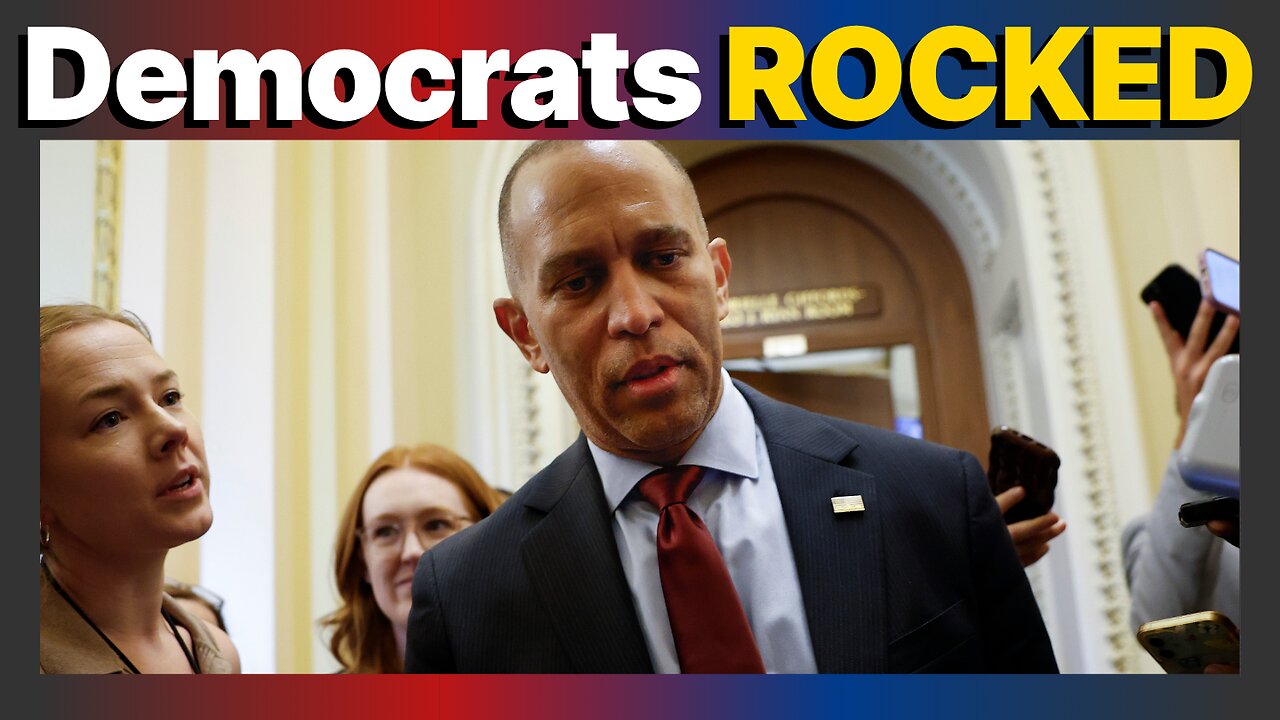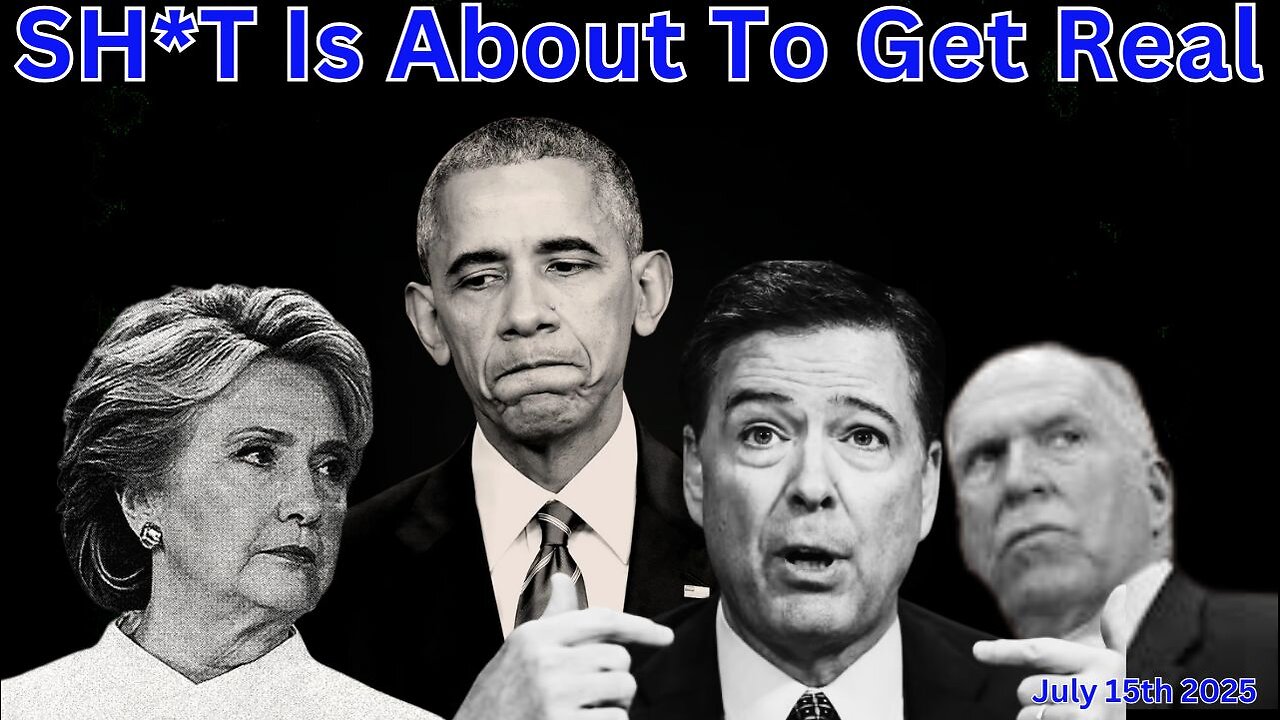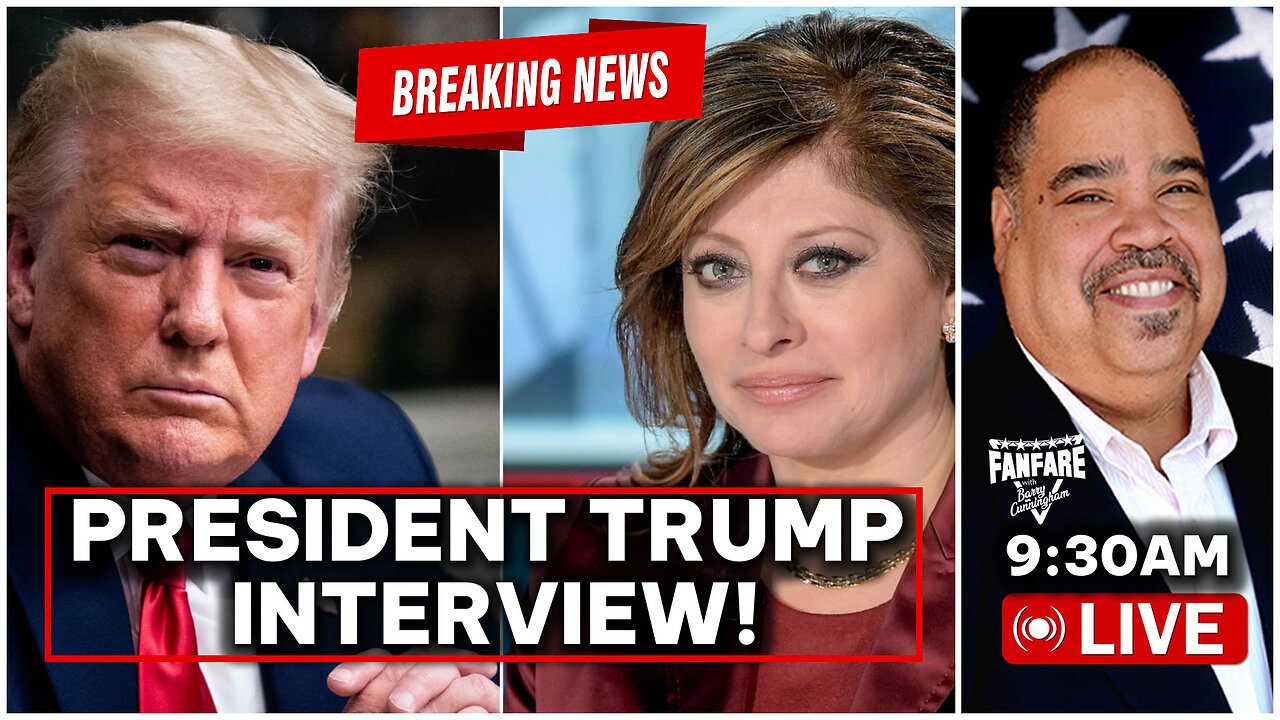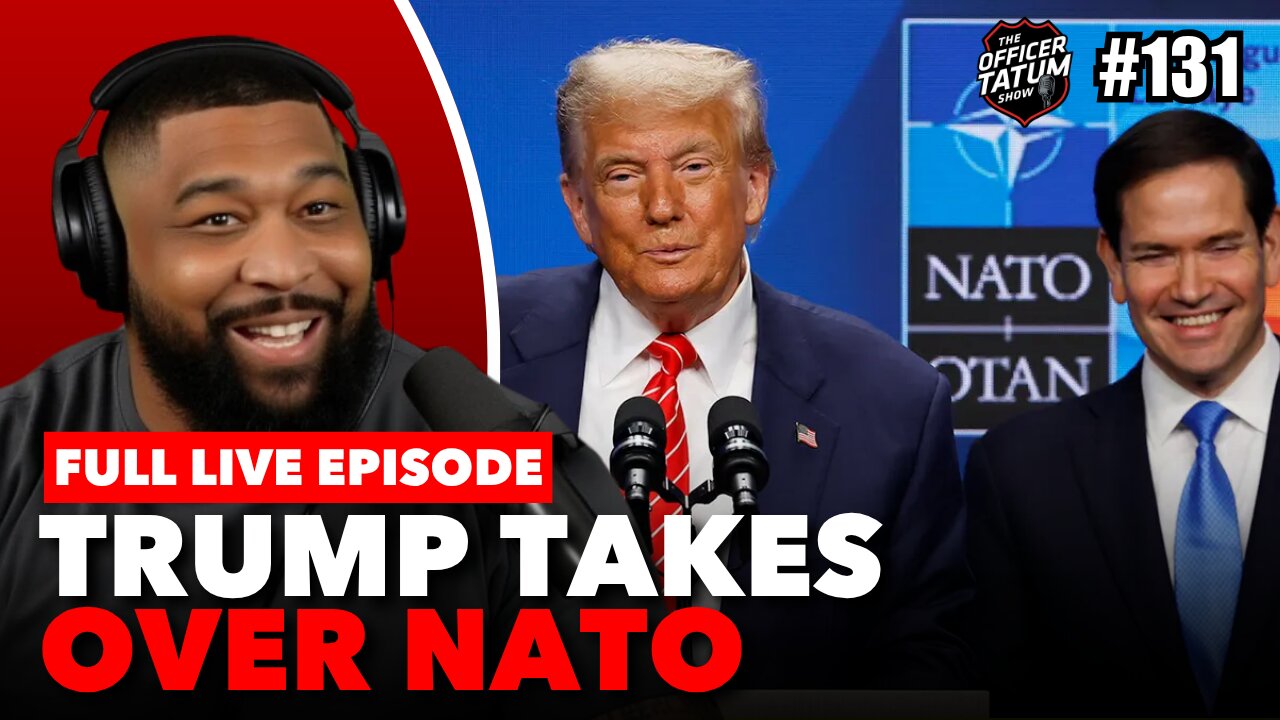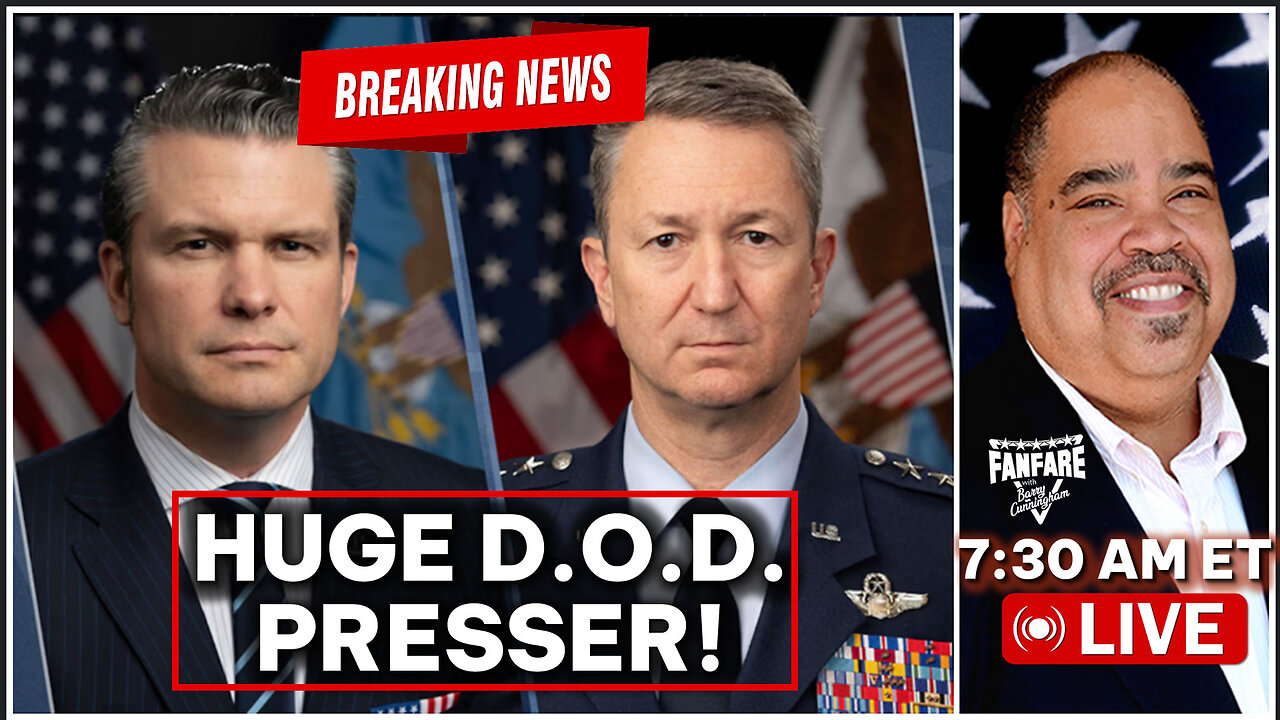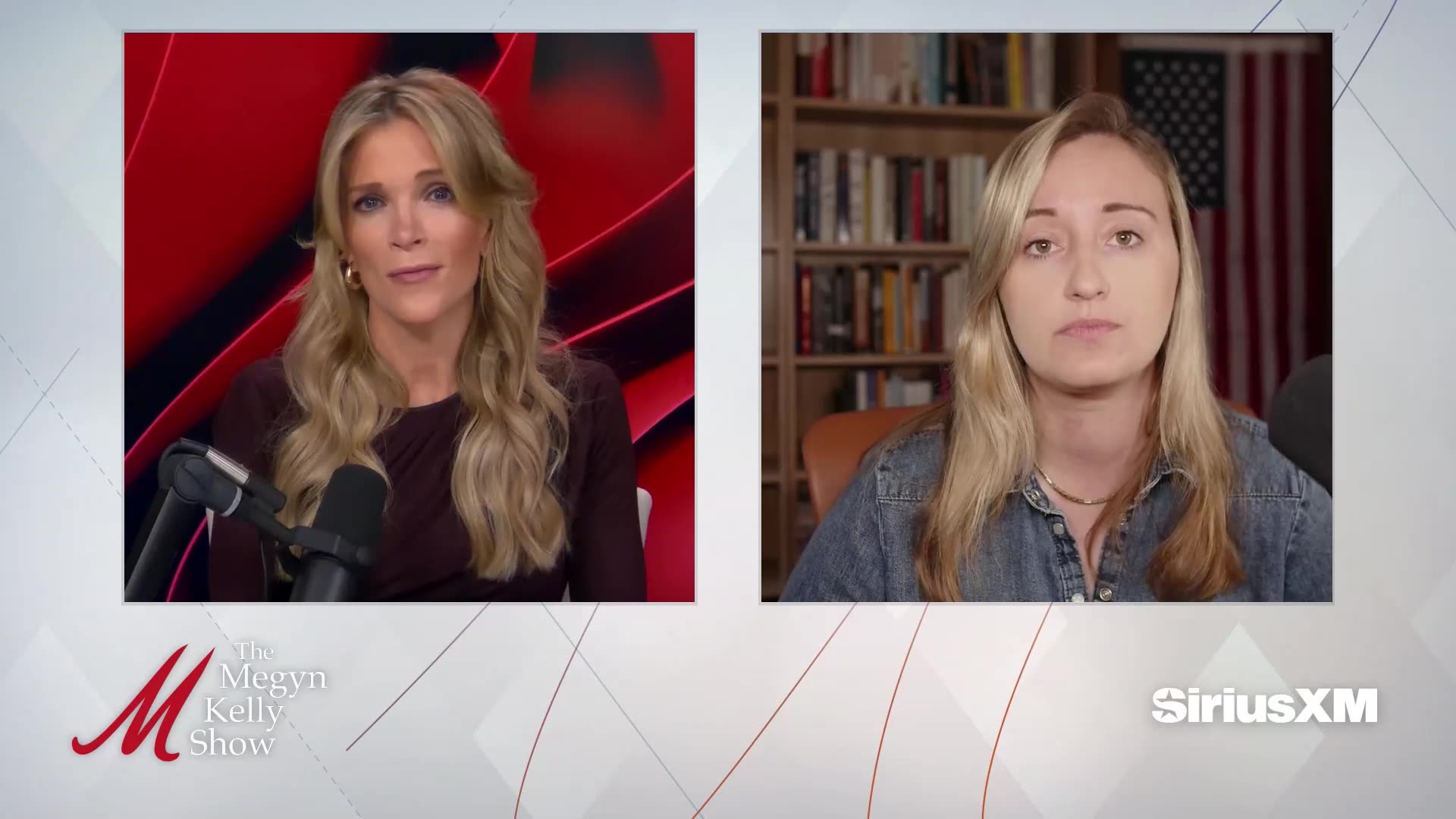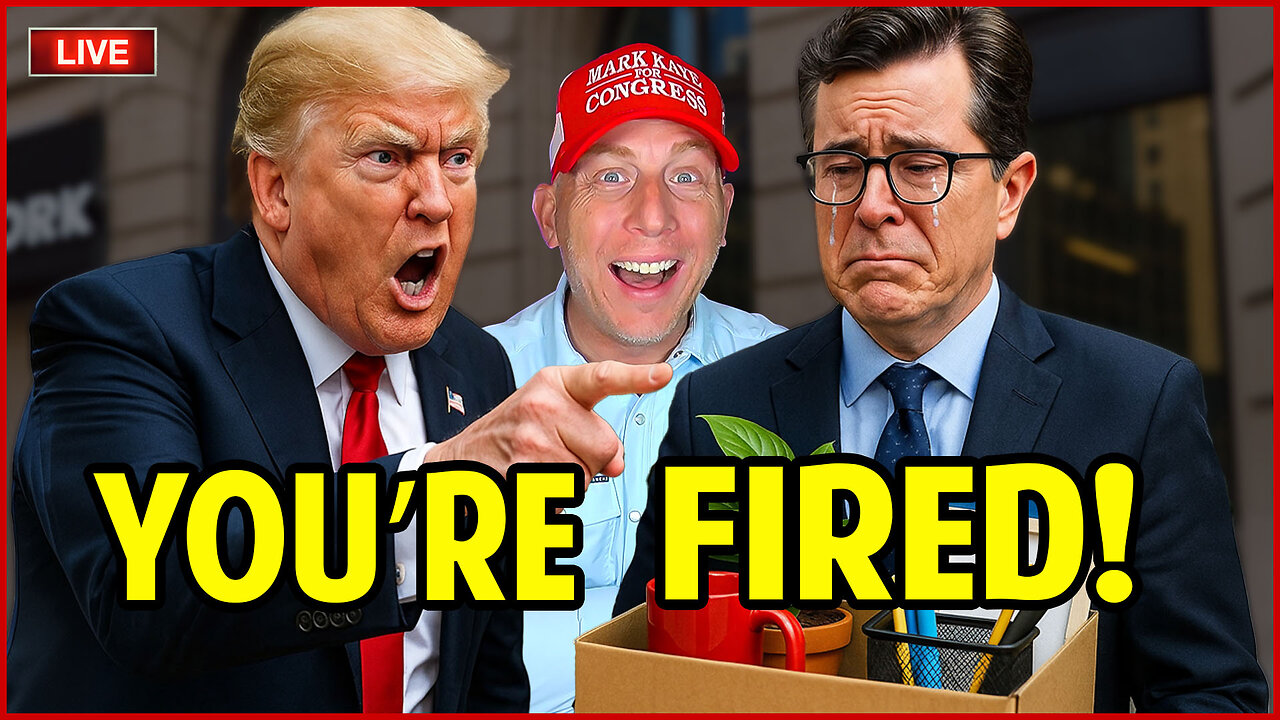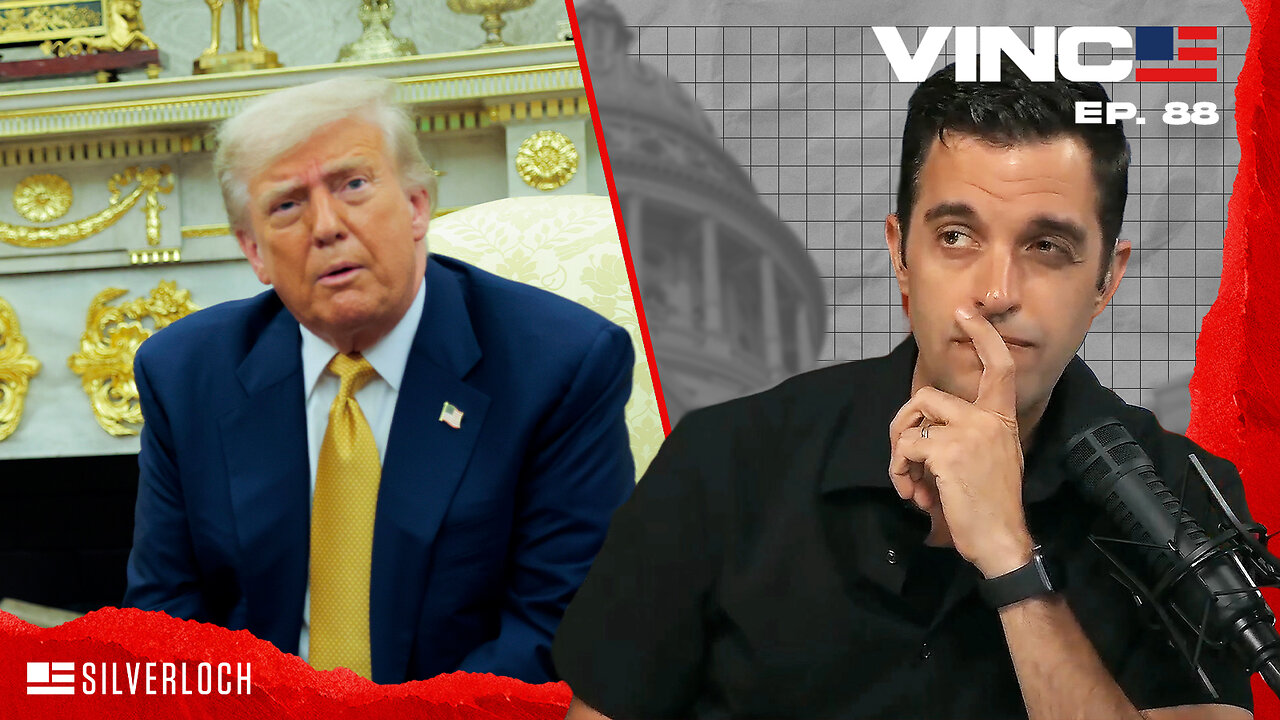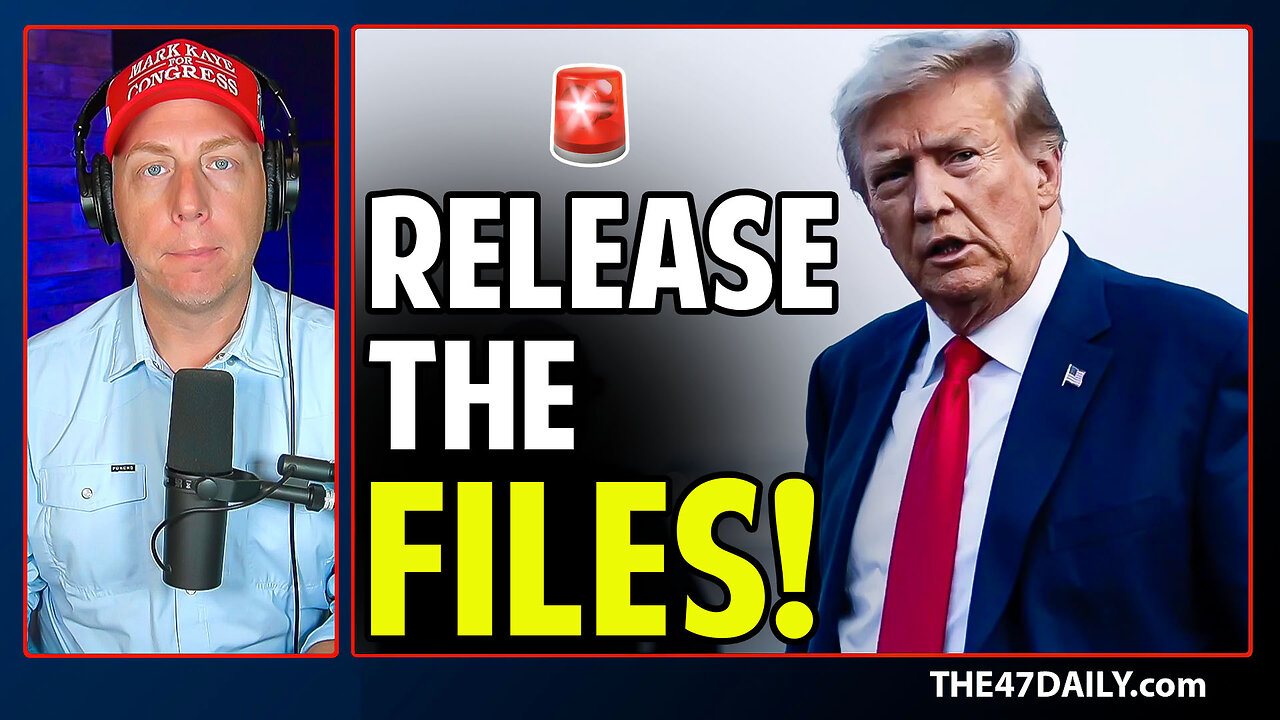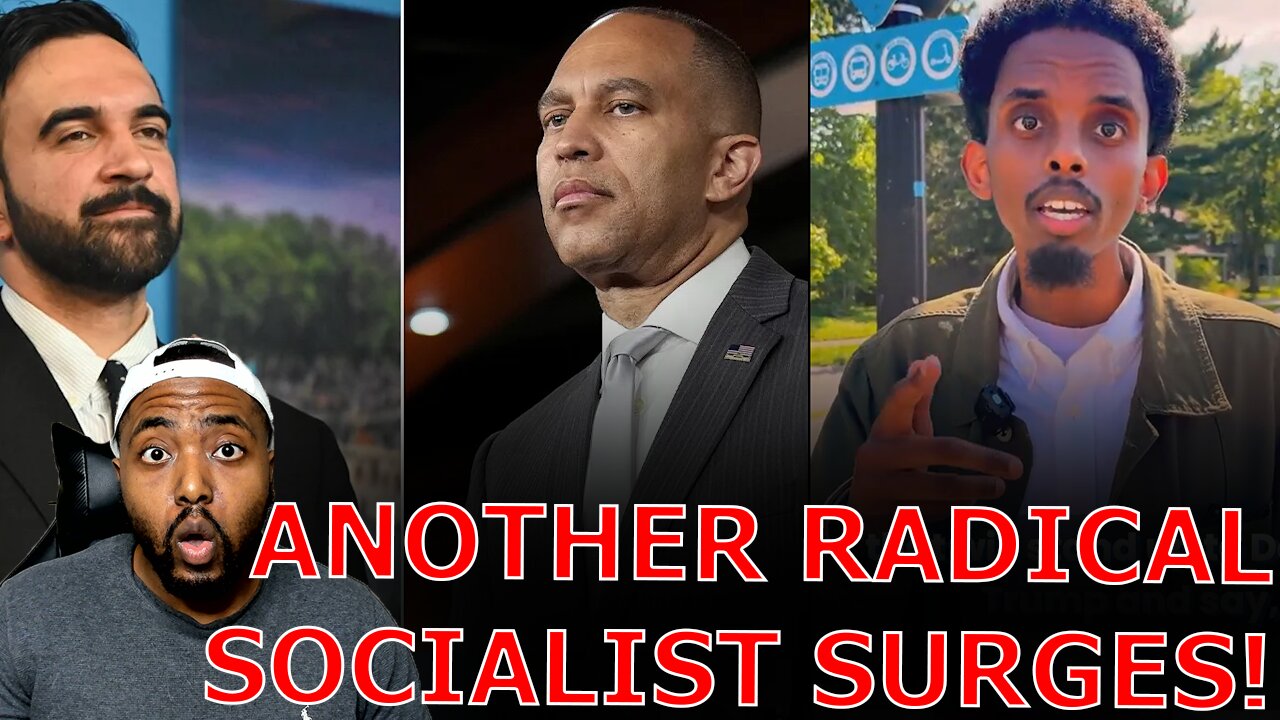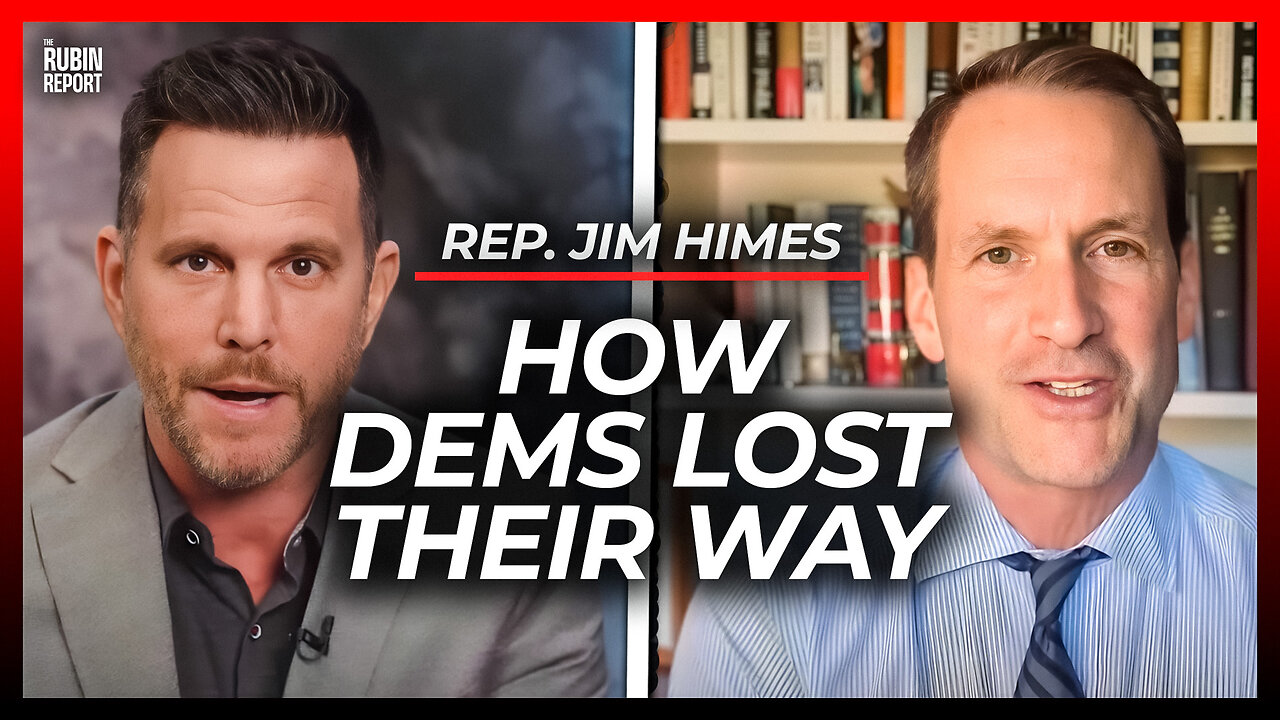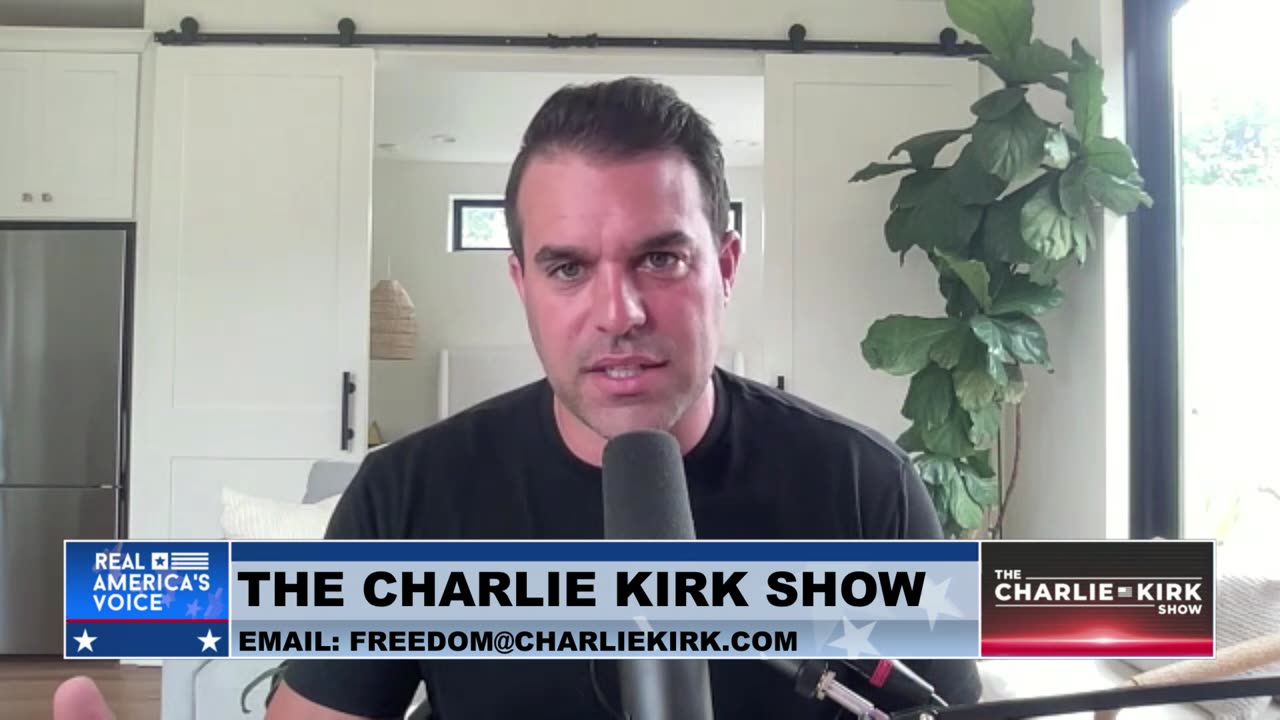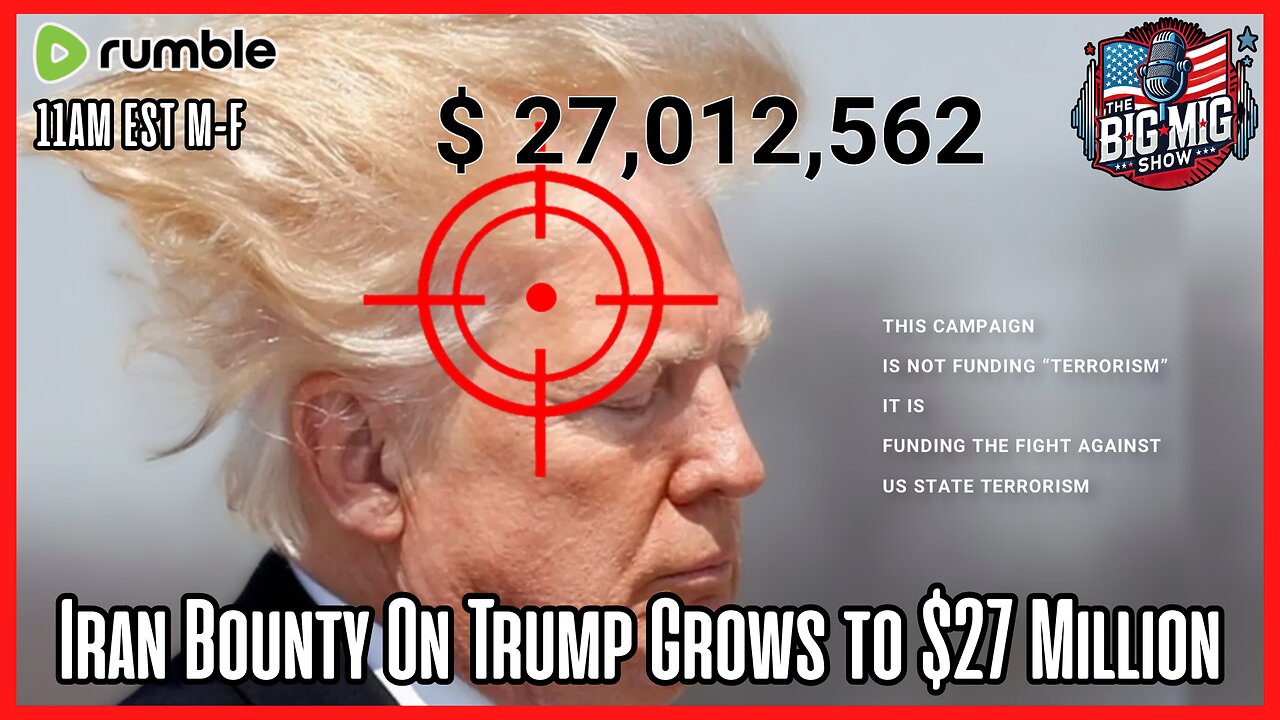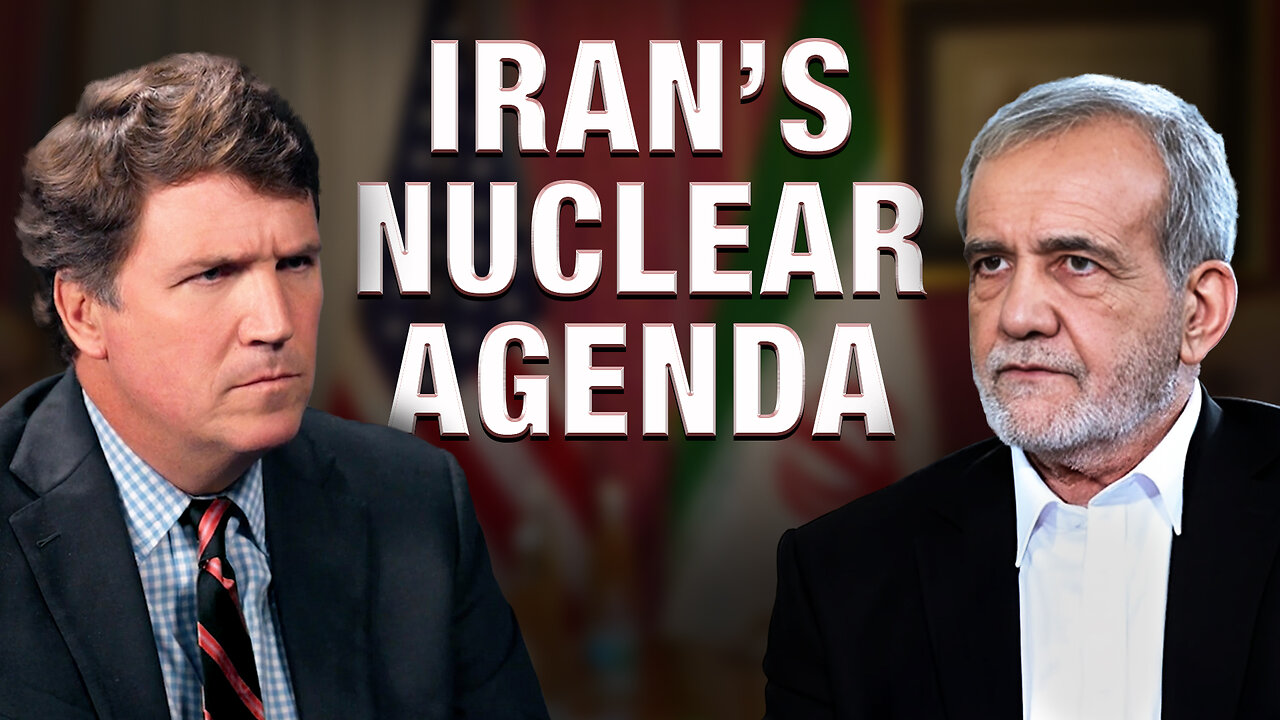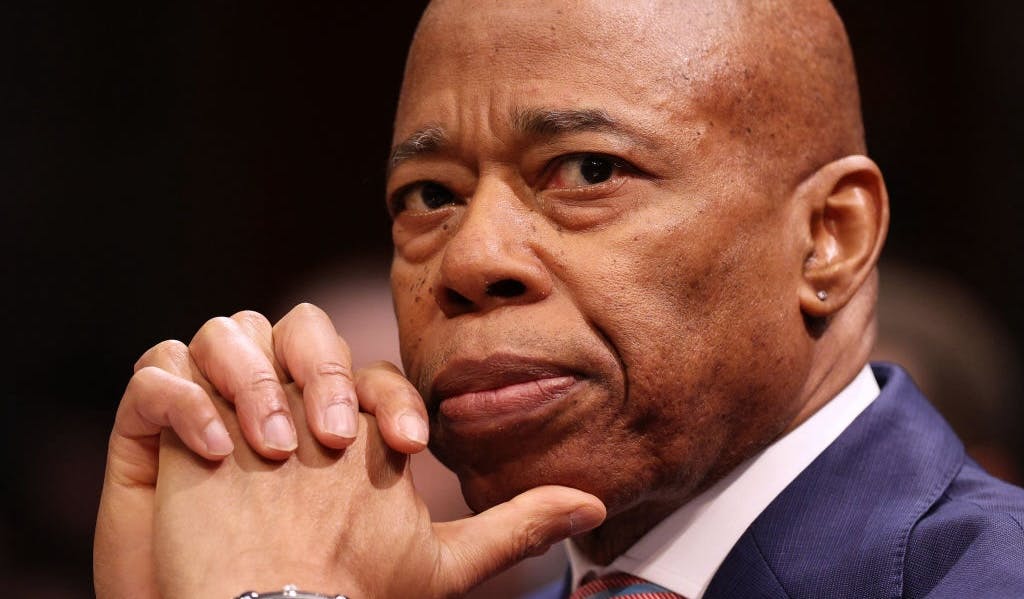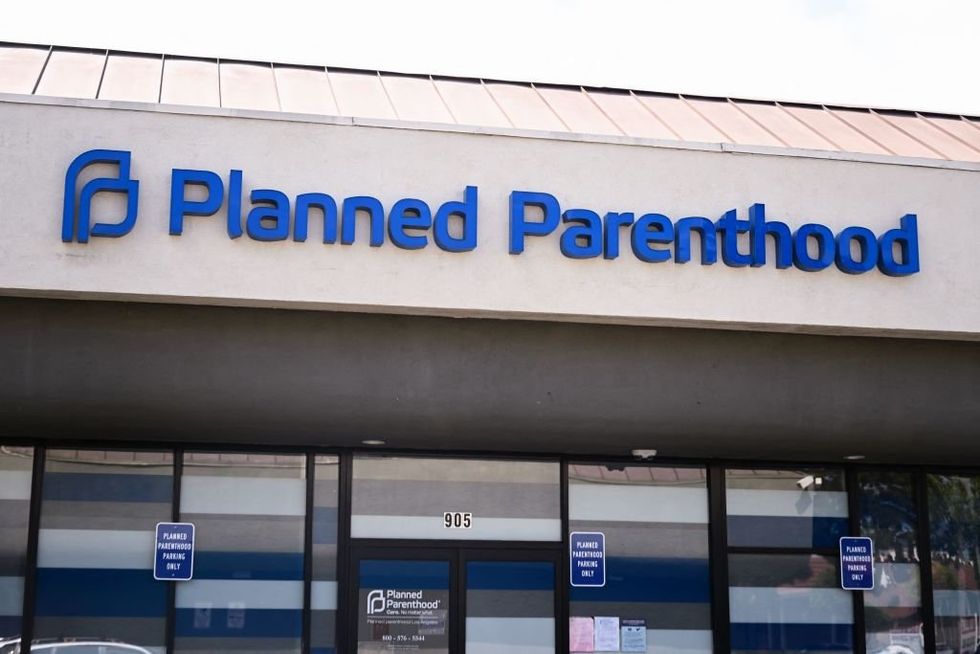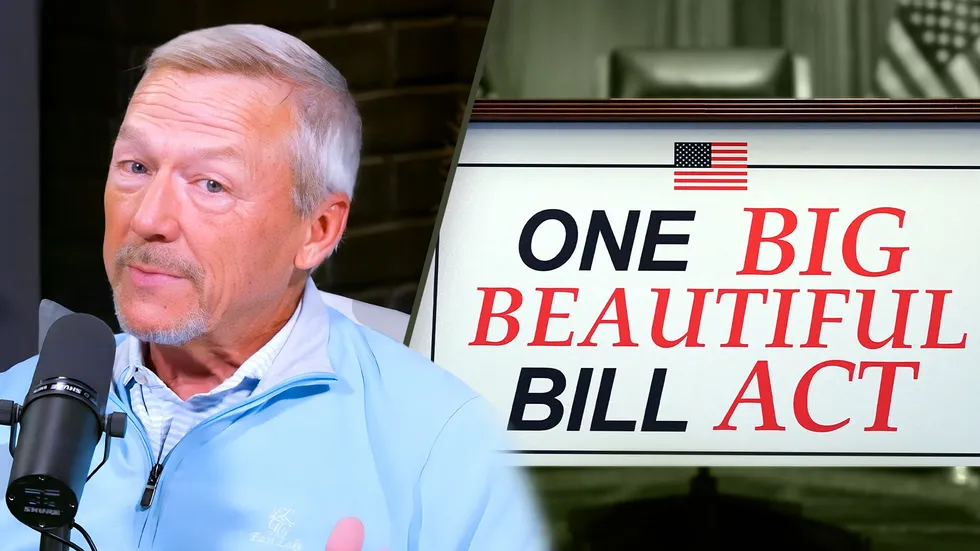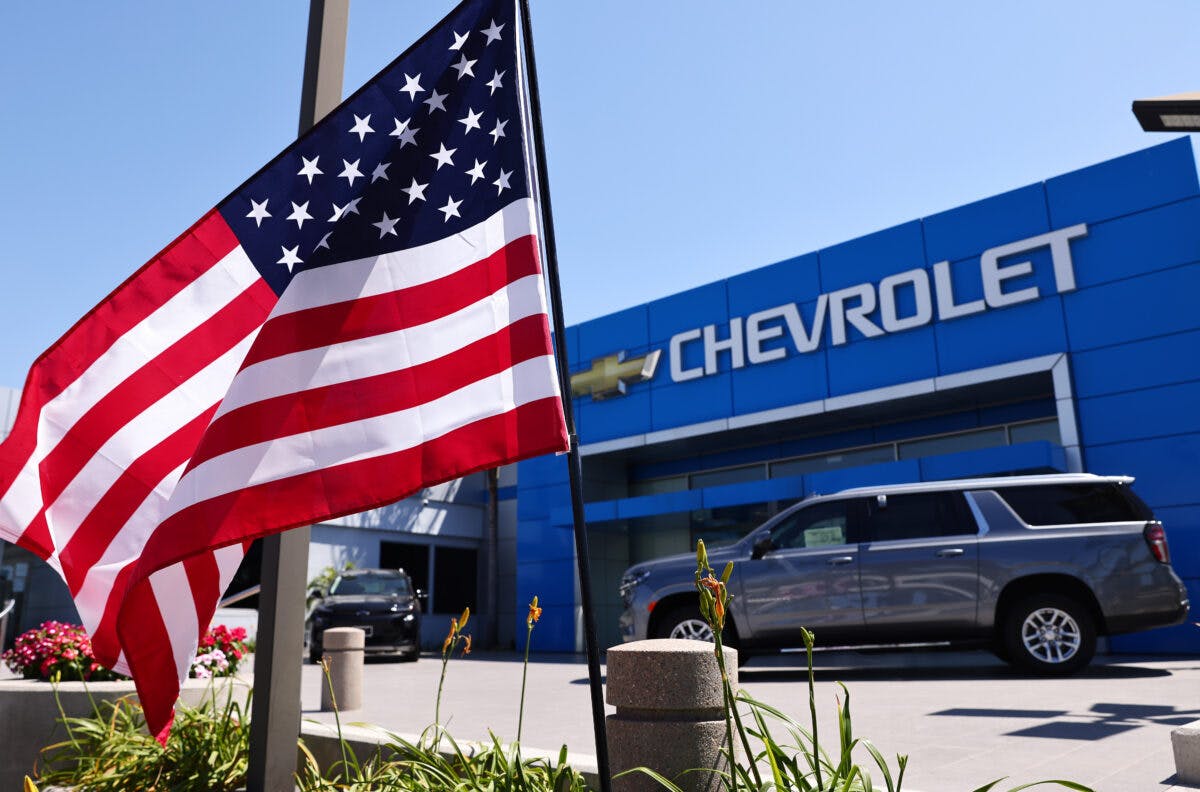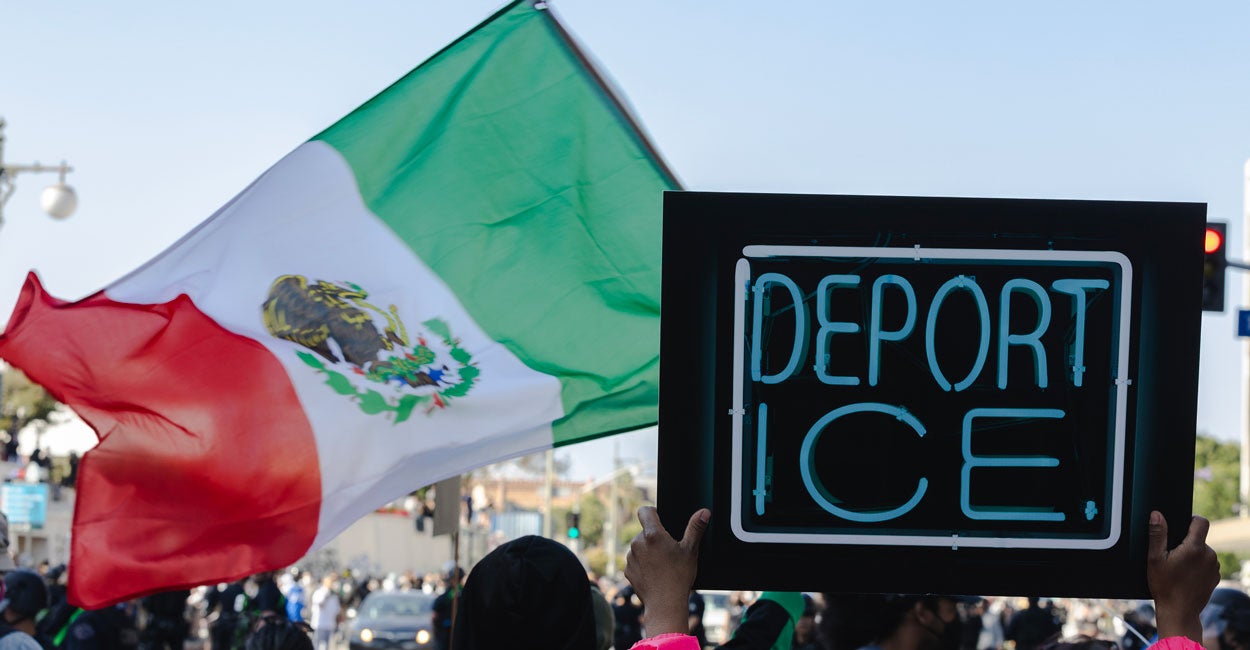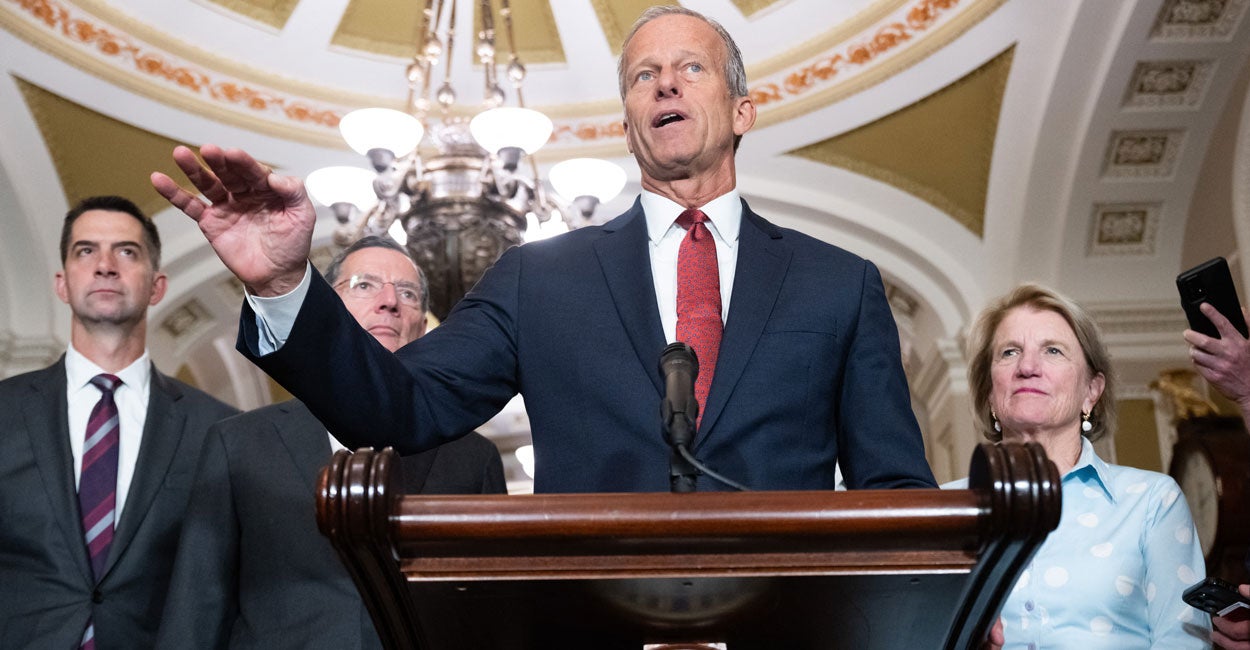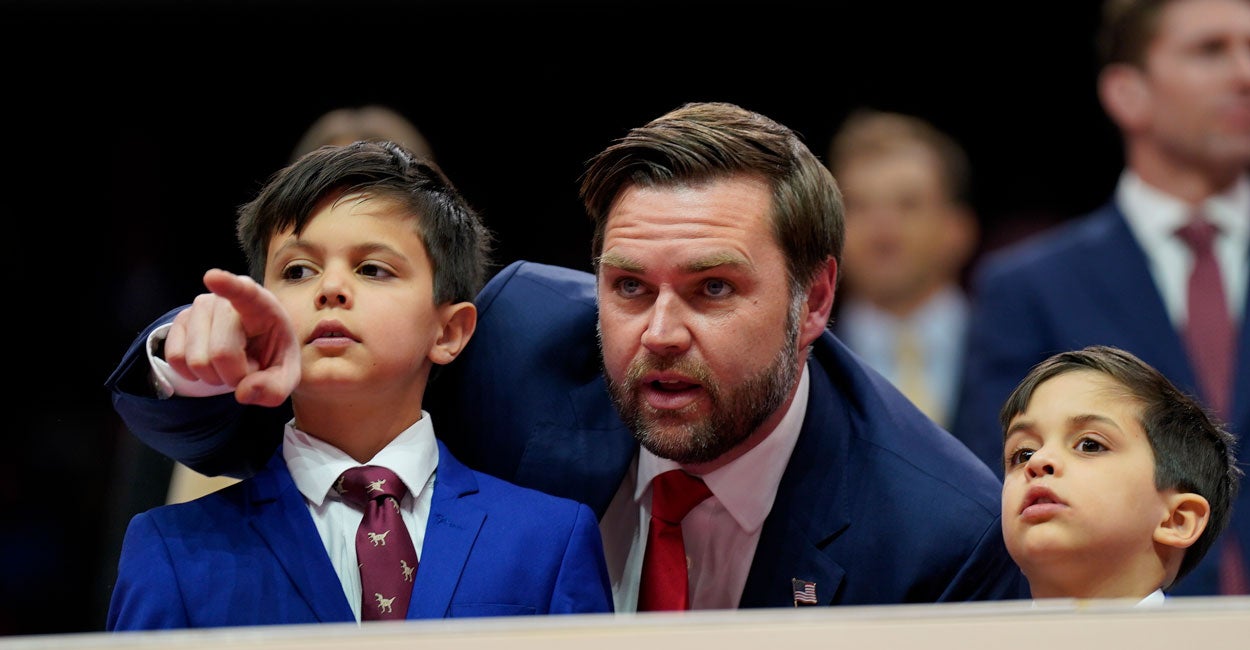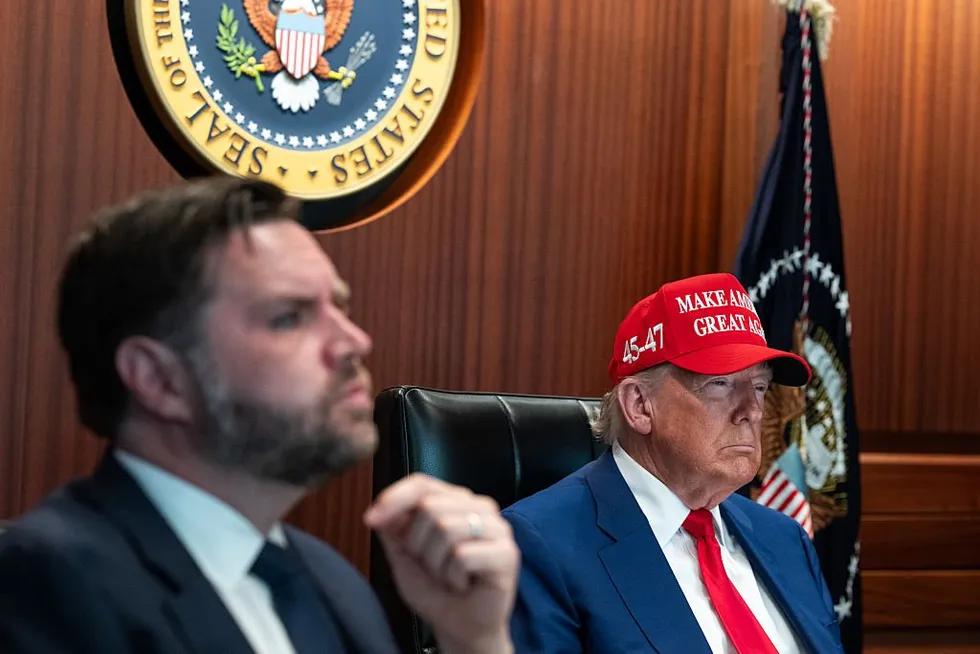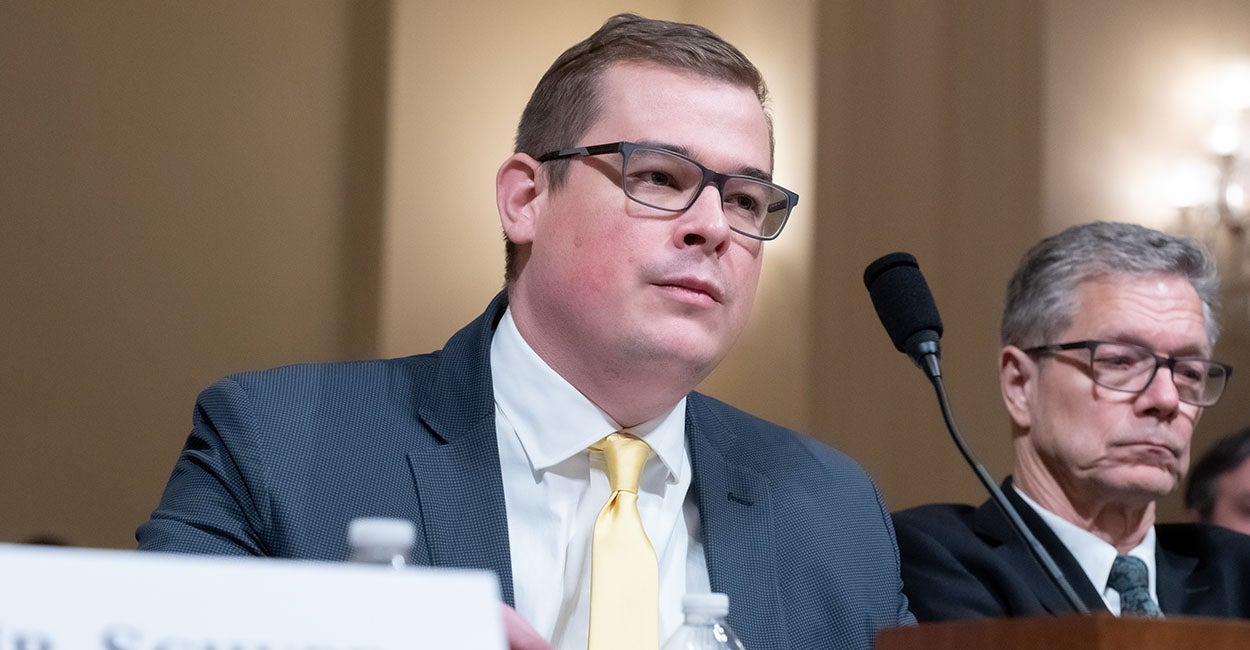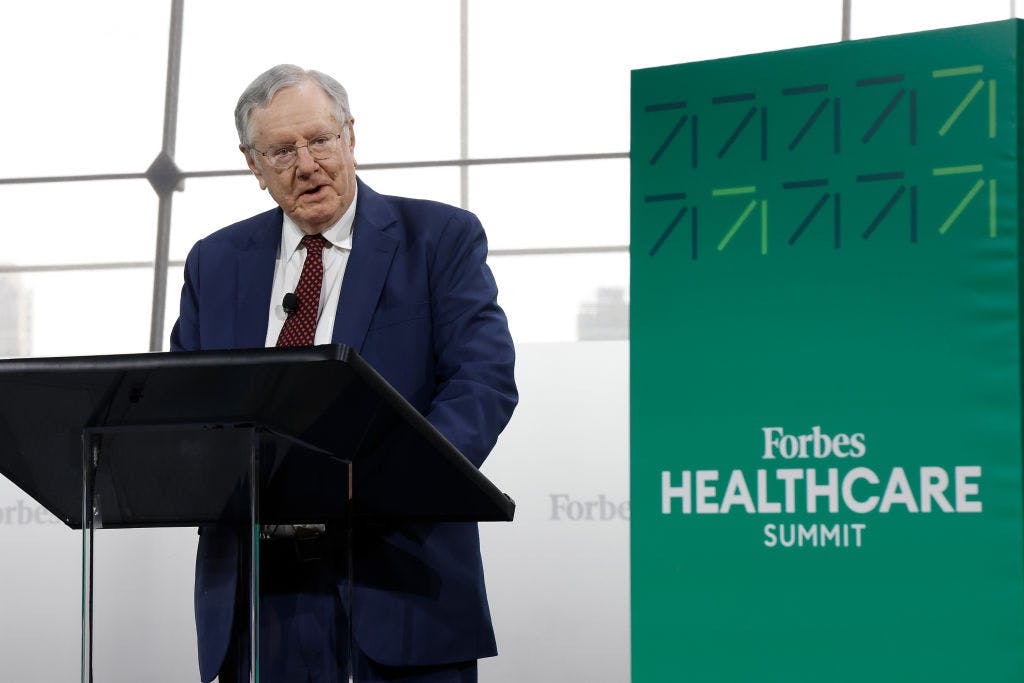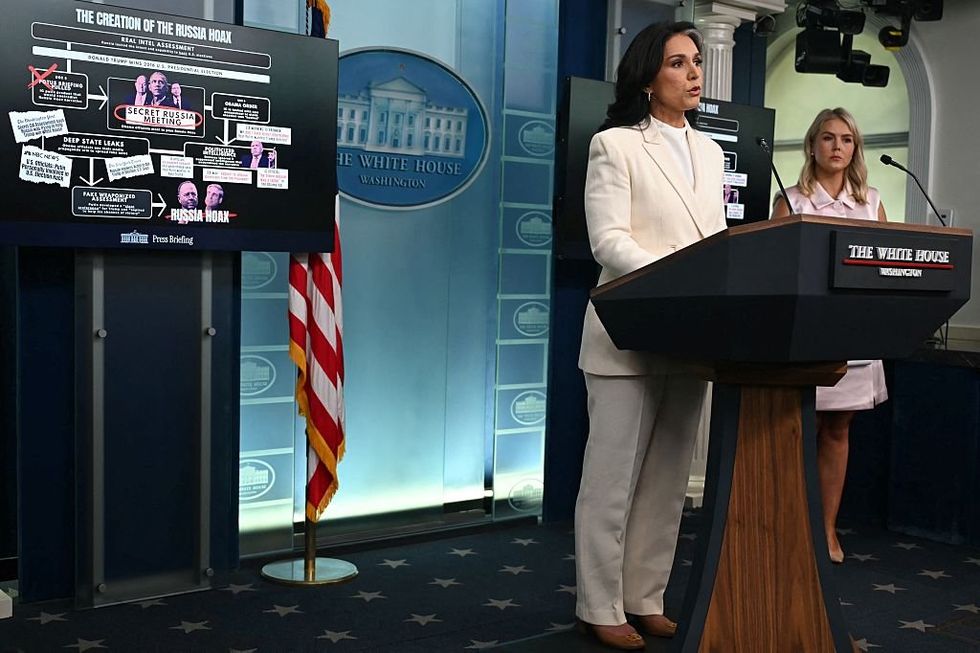Mark Zuckerberg Wants Us to Forgive, Forget Facebook’s Sins
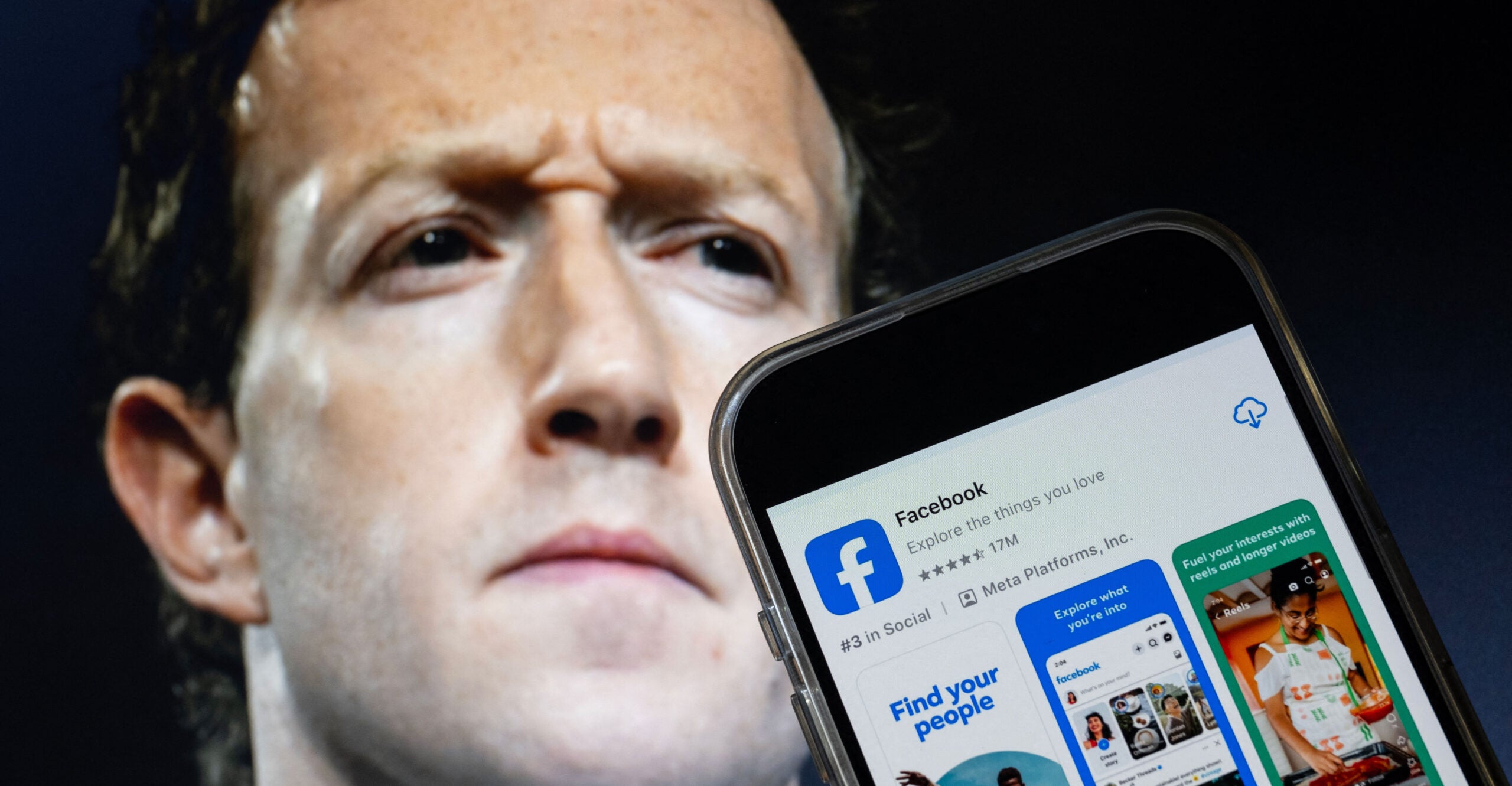
Mark Zuckerberg is waging a charm offensive.
His company, Meta, just agreed to pay $25 million to settle a lawsuit that President Donald Trump filed back in 2021 after being suspended by Facebook and Instagram.
The settlement comes on the heels of Zuckerberg’s attendance at Trump’s inauguration on Jan. 20, Meta’s purported shift away from DEI, and an earlier announcement that the company is rolling back independent fact-checking and taking steps to reduce errors in its content moderation systems.
Zuckerberg’s sudden pivot is a welcome change. He says that he wants to return Meta “to [its] roots around free expression.” But his past track record of broken promises is cause for deep suspicion.
During the first Trump presidency, when Meta (then Facebook) faced backlash for biased censorship, Zuckerberg told a Georgetown University audience in October of 2019that “we must continue to stand for free expression” and that in “democracy … people should decide what is credible, not tech companies … .”
A year later in October 2020, weeks before the presidential election, Zuckerberg went back on his word.
Facebook colluded with the FBI to suppress the New York Post’s Hunter Biden laptop story—on the spurious grounds that the story was the result of a Russian “hack-and-leak operation.”
It went on to indefinitely ban Trump while he was still in office—a move that the platform rescinded only months before his historic reelection and has now paid millions to avoid further litigation over.
At the same time, Facebook worked hand-in-glove with the federal government to silence skeptics who questioned the efficacy and safety of COVID-19 vaccines.
Zuckerberg told a House subcommittee in 2021 that Facebook “[removed] over 12 million pieces of false content” at the height of COVID-19. He boasted that it did “more to address misinformation than any other company” and added that he was “proud of the teams and systems … [it] built.”
Zuckerberg privately admitted later that year that the company “compromise[ed]” its standards “due to pressure.” Yet, Facebook continued to suppress the Chinese “lab leak theory” and “‘vaccine [discouraging] humor posts’ until at least January 2022.”
Similarly, during Russia’s February 2022 invasion of Ukraine, the company censoredthousands of posts and accounts flagged as “Russian disinformation” by the FBI and a disgraced Ukrainian intelligence agency. Those included authentic accounts of users in the U.S. as well as “@usaporusski … the official, verified, Russian-language [Instagram] account of the U.S. State Department.”
Just five months later in August 2022, as Republicans were poised to retake the House, Zuckerberg made a strategic admission. He revealed on Joe Rogan’s podcast that Facebook suppressed the Hunter Biden laptop story in 2020 based on guidance from the FBI.
Defending the decision, he said that Meta was merely complying with tips from the FBI.
In truth, however, Meta repeatedly censored speech against its own better judgment—going so far as to change its content policies—to appease the Biden administration.
An investigation by the House Judiciary Committee found that Facebook officials chose to censor the laptop story without credible evidence of a leak with the knowledge that their actions could influence the 2020 election.
Zuckerberg and Meta leadership concealed the overtly political motives of their censorship for years.
Only after the Republican-controlled House Judiciary Committee voted to hold Zuckerberg in contempt did the company fully cooperate with the investigation and produce all evidence of Meta’s collusion with various government entities like the White House and the FBI.
Even then, Zuckerberg only expressed public remorse for Meta’s censorship in August 2024, shortly before the committee released its findings and Trump won reelection.
Now, with Trump’s return to office and renewed efforts to rein in Big Tech, Zuckerberg would like us all to forget Meta’s sins or at least remember them in a more favorable light.
Days after Zuckerberg’s meeting with Trump in November, the company’s former head of global affairs, Nick Clegg, backtracked on Meta’s long-standing defense of its censorship practices. Clegg admittedthat Meta censored too much content by “mistake.”
Zuckerberg’s scripted video—less than two weeks later—echoed the line that his platforms’ censorship was mostly just a big “mistake.” While conveniently shifting blame for political bias onto third-party fact-checkers, he claimed that the great bulk of the censorship is the result of good-faith content policies and “complex systems” that sometimes err.
In an ironic twist, Zuckerberg referenced his 2019 Georgetown speech on “freedom of expression”—which he gave a year before interfering in the 2020 election by censoring the Hunter Biden laptop story.
While some characterized the announcement as “Zuck finding his spine,” the better explanation is that he was afraid of being held accountable for betraying American values to appease the powerful.
If Meta and Zuckerberg’s track record of broken promises teaches us anything, it’s that neither he nor his company can be trusted. Over and over, when Meta faced pressure to compromise its own standards and undermine free speech to curry political favor, it caved.
Zuckerberg wants us to forget about Facebook’s betrayal of American values.
For the sake of our nation and the future of free speech, Meta and its Big Tech counterparts must be held accountable. As Vice President JD Vance said just last week, Big Tech is still “very much on notice.”
The post Mark Zuckerberg Wants Us to Forgive, Forget Facebook’s Sins appeared first on The Daily Signal.
Originally Published at Daily Wire, Daily Signal, or The Blaze
What's Your Reaction?
 Like
0
Like
0
 Dislike
0
Dislike
0
 Love
0
Love
0
 Funny
0
Funny
0
 Angry
0
Angry
0
 Sad
0
Sad
0
 Wow
0
Wow
0
